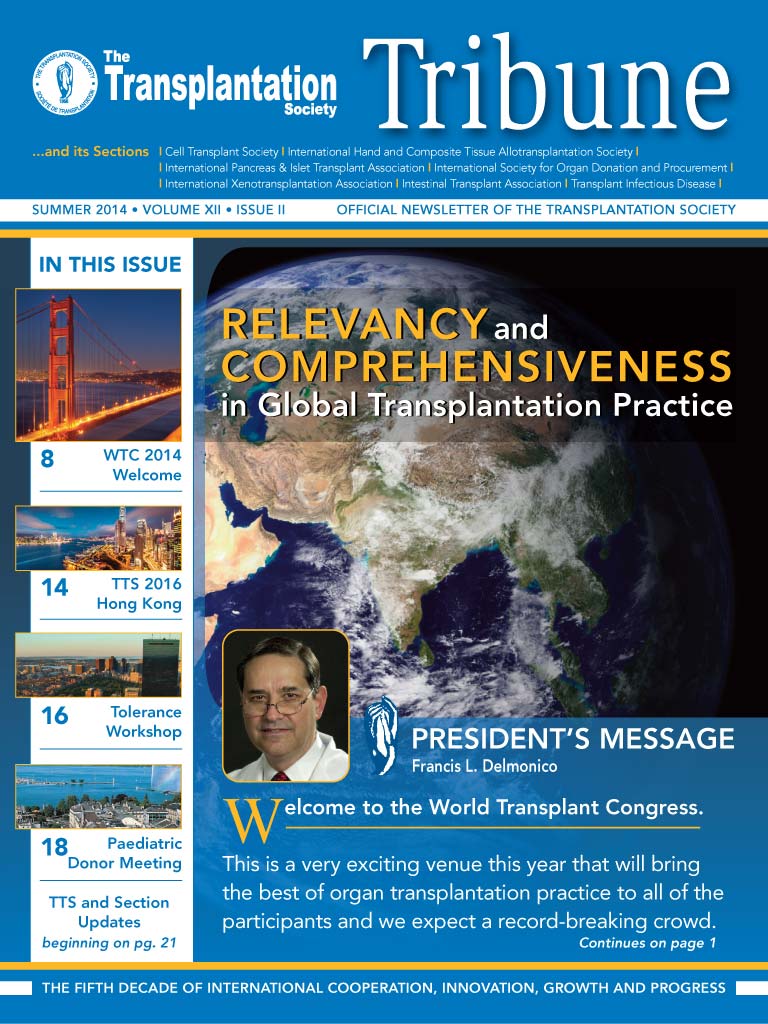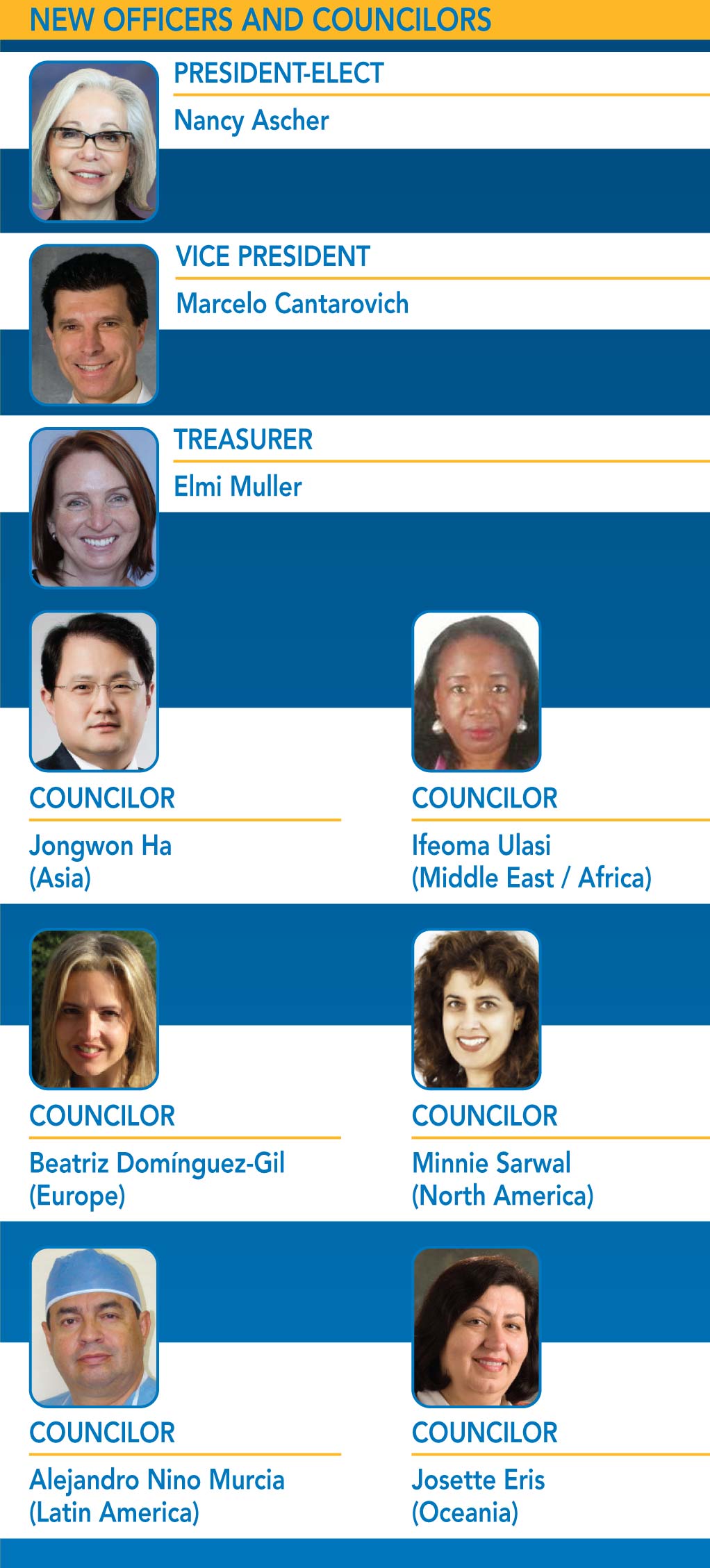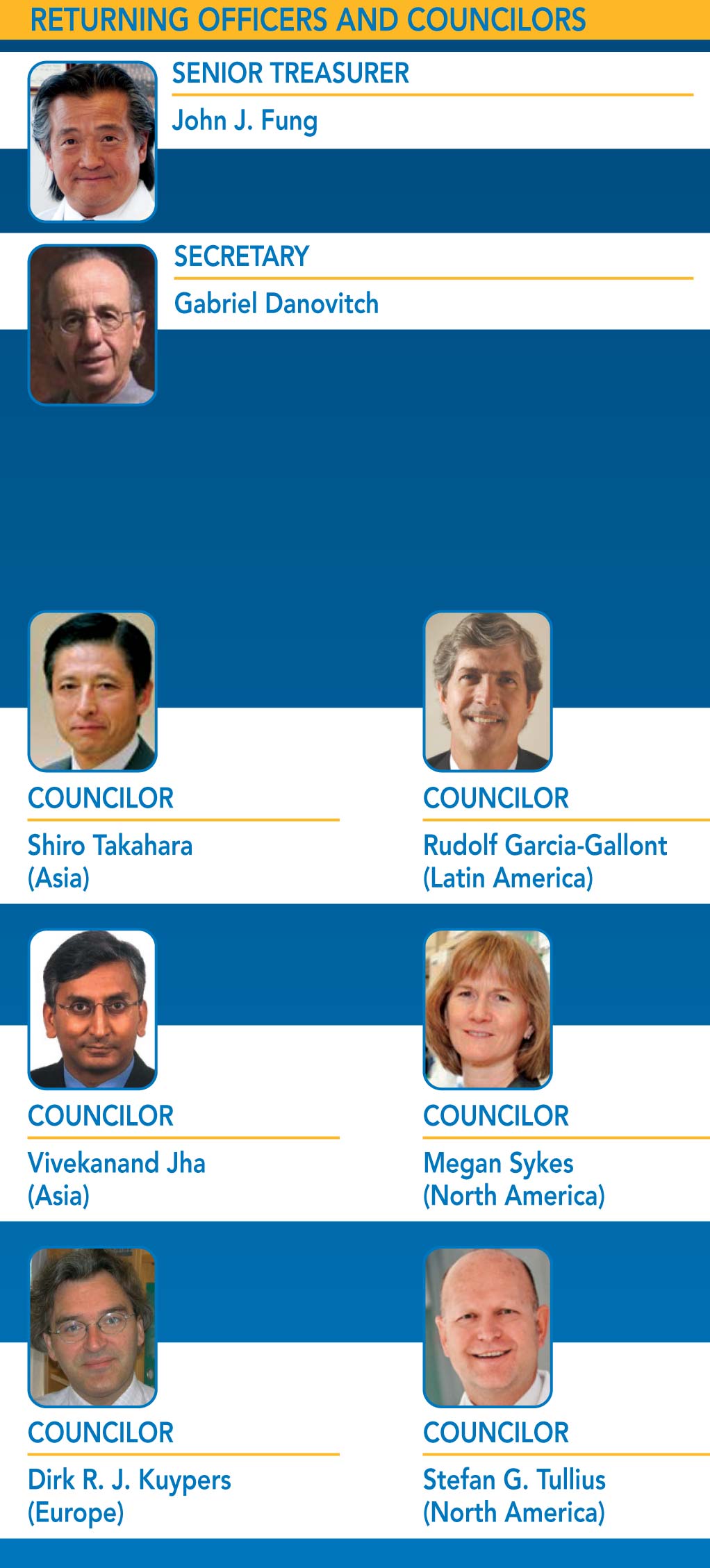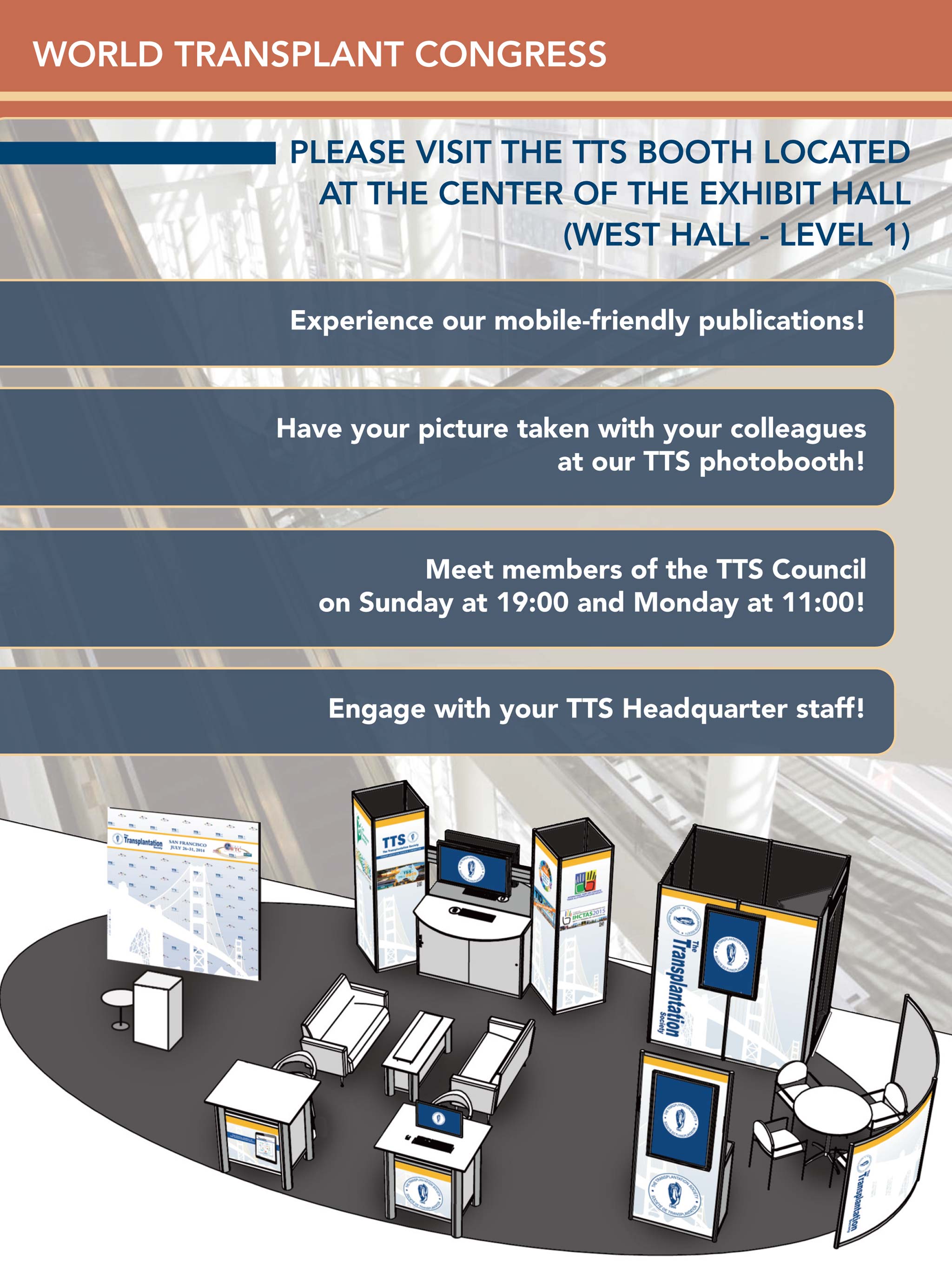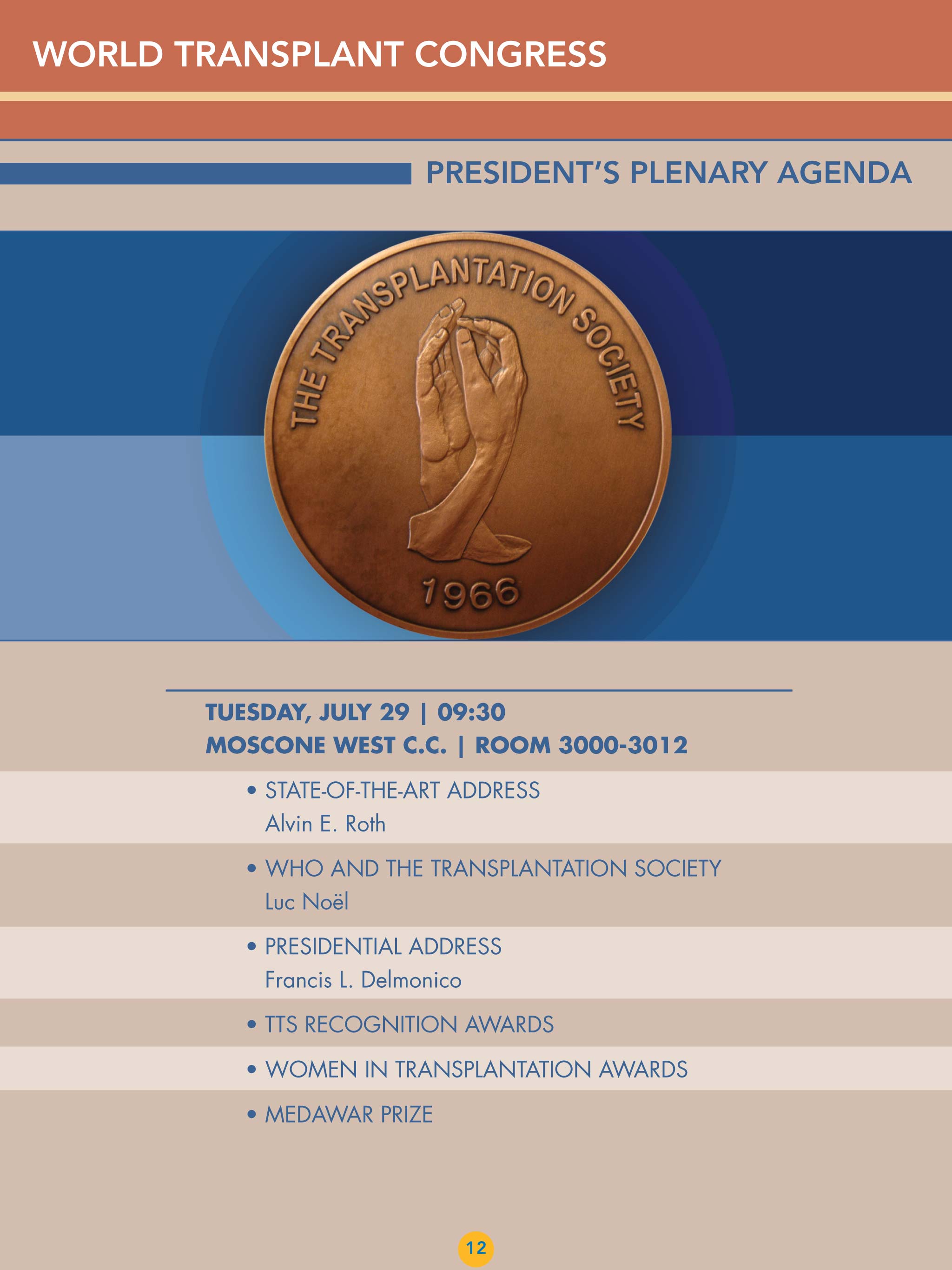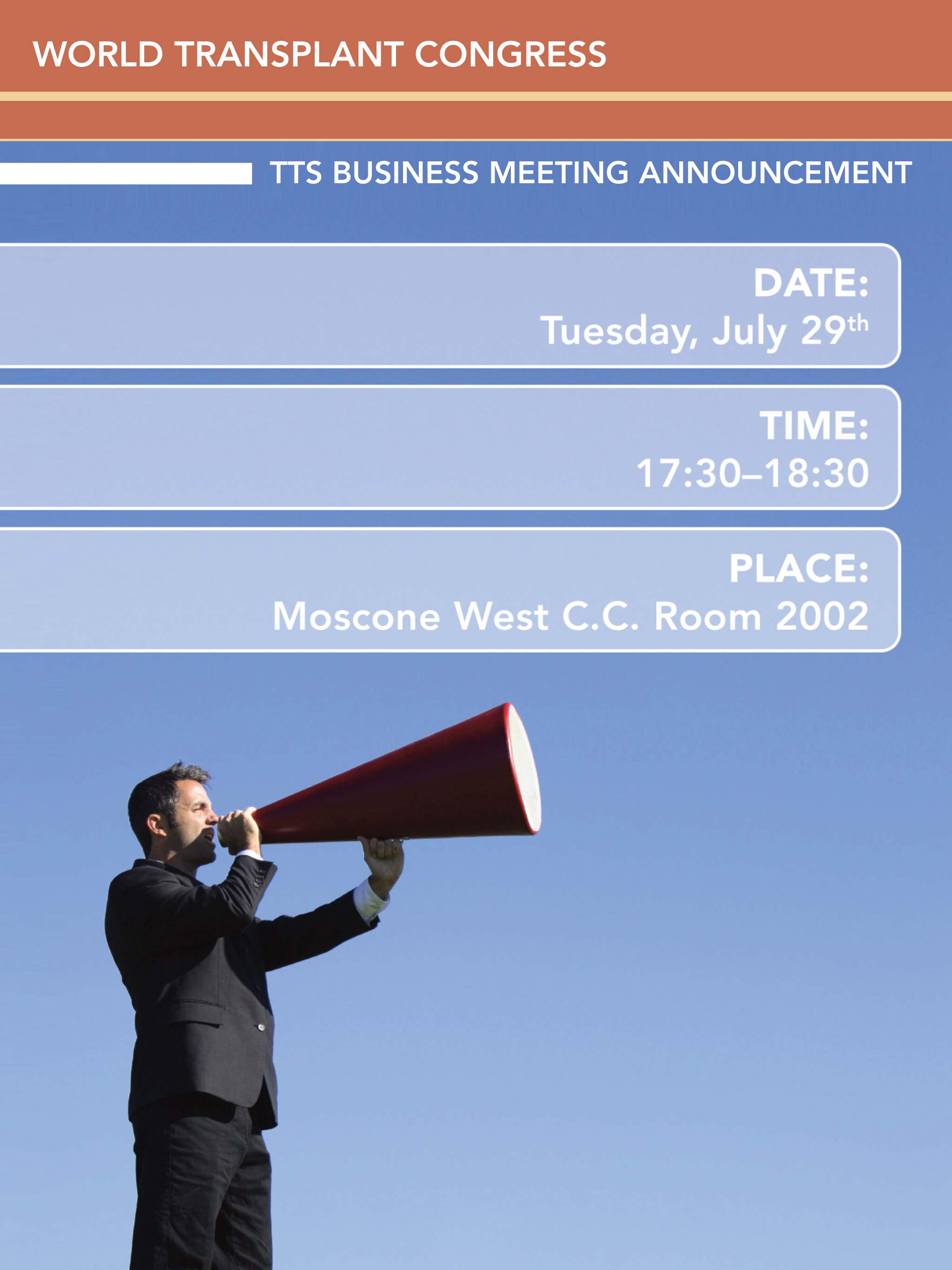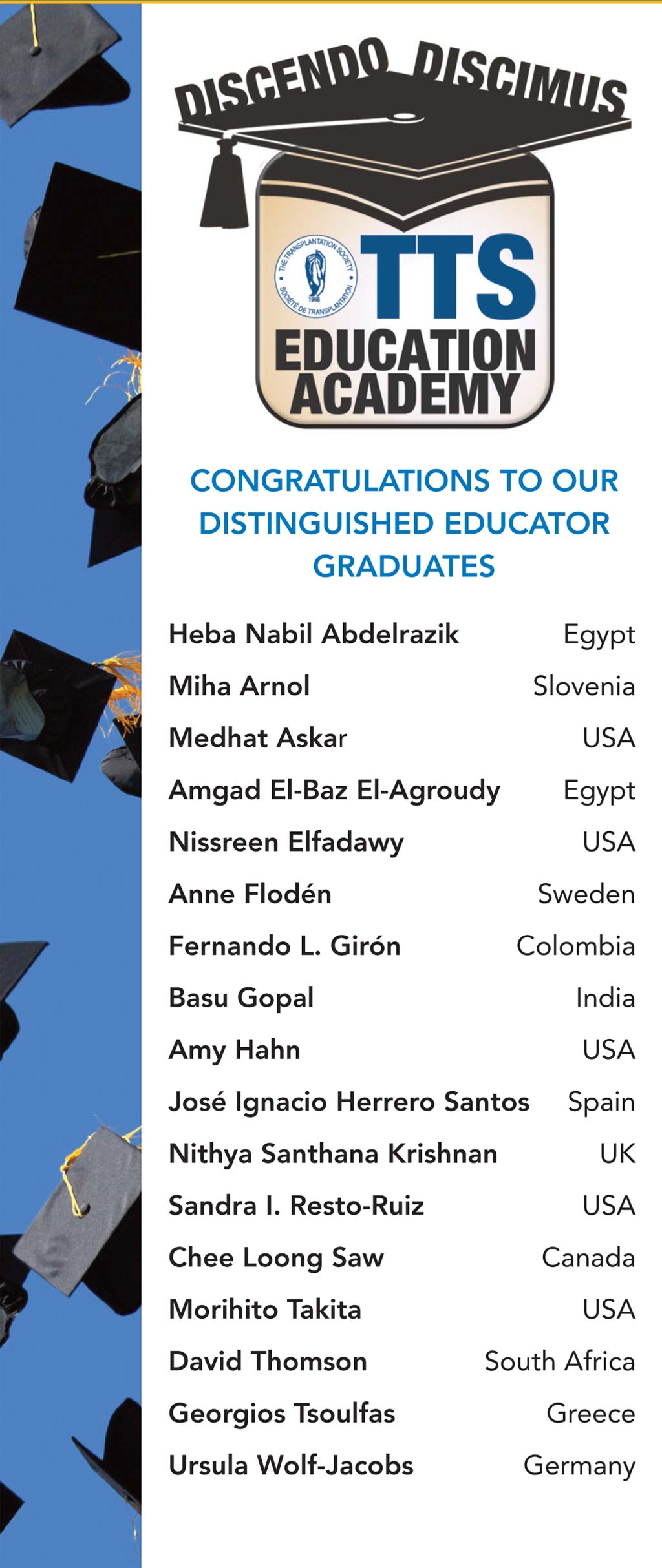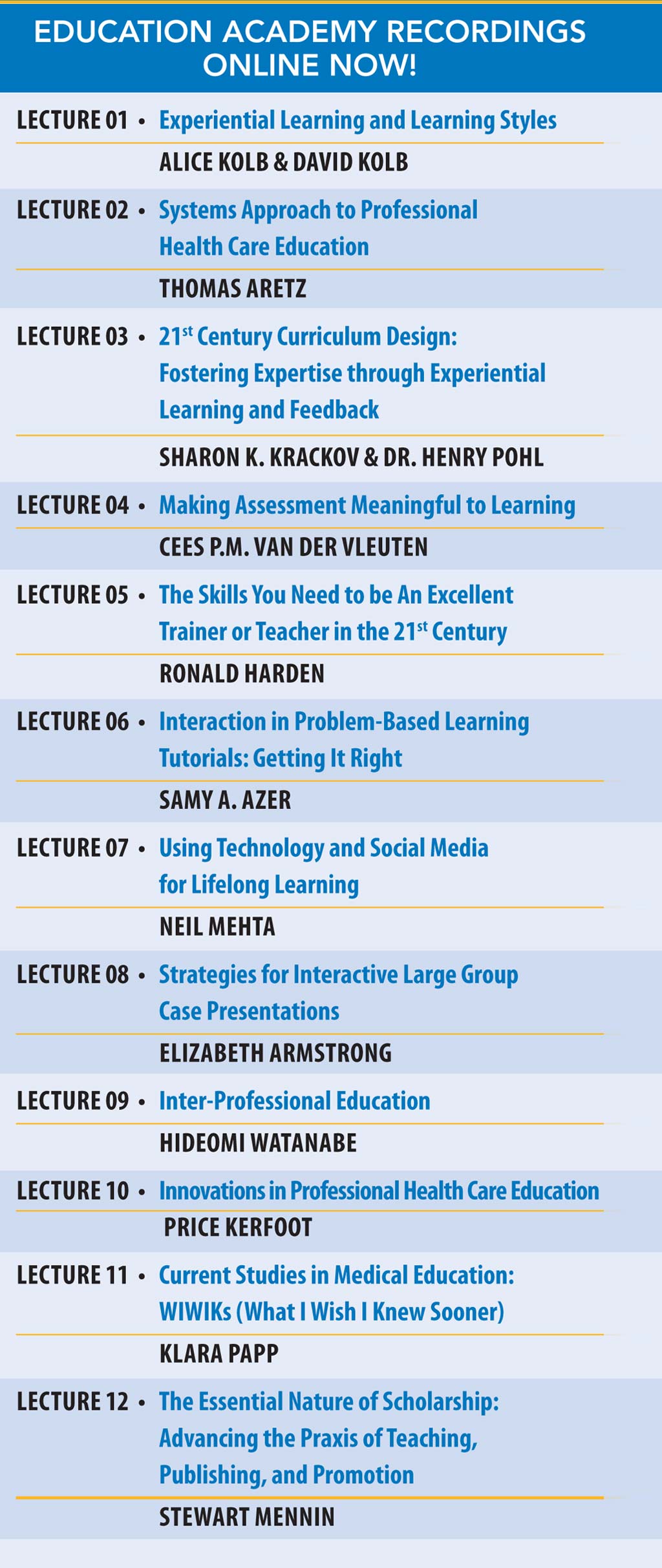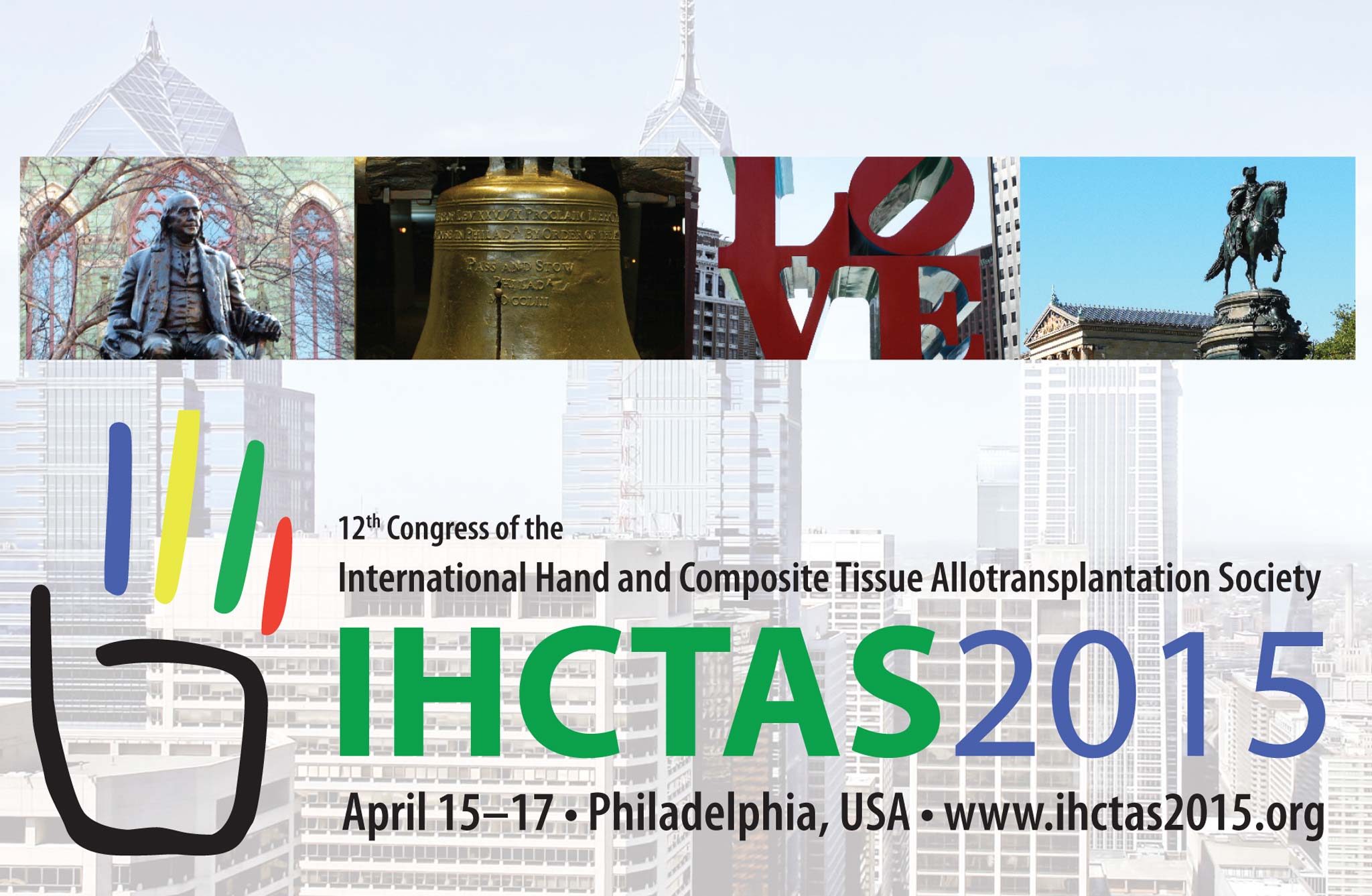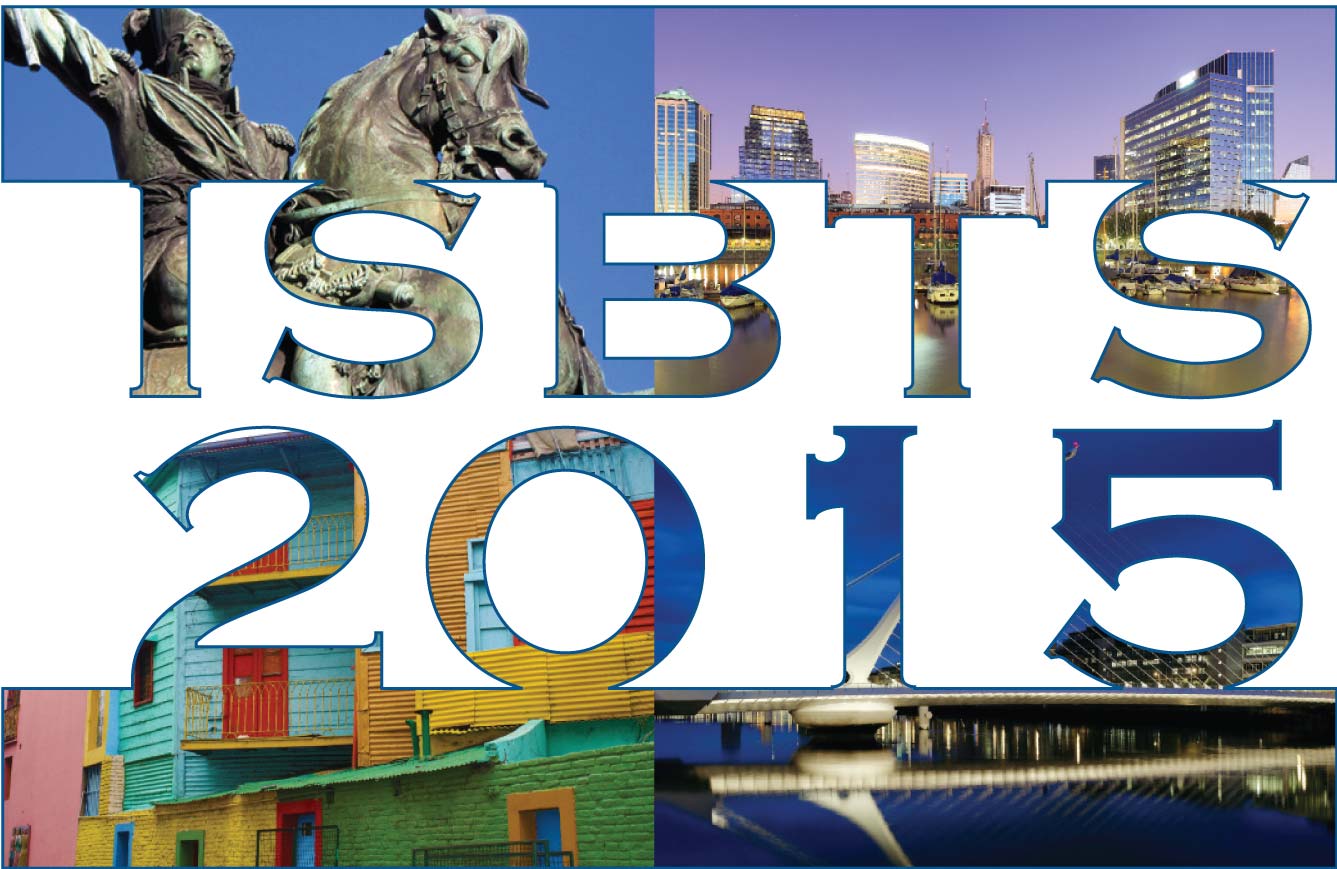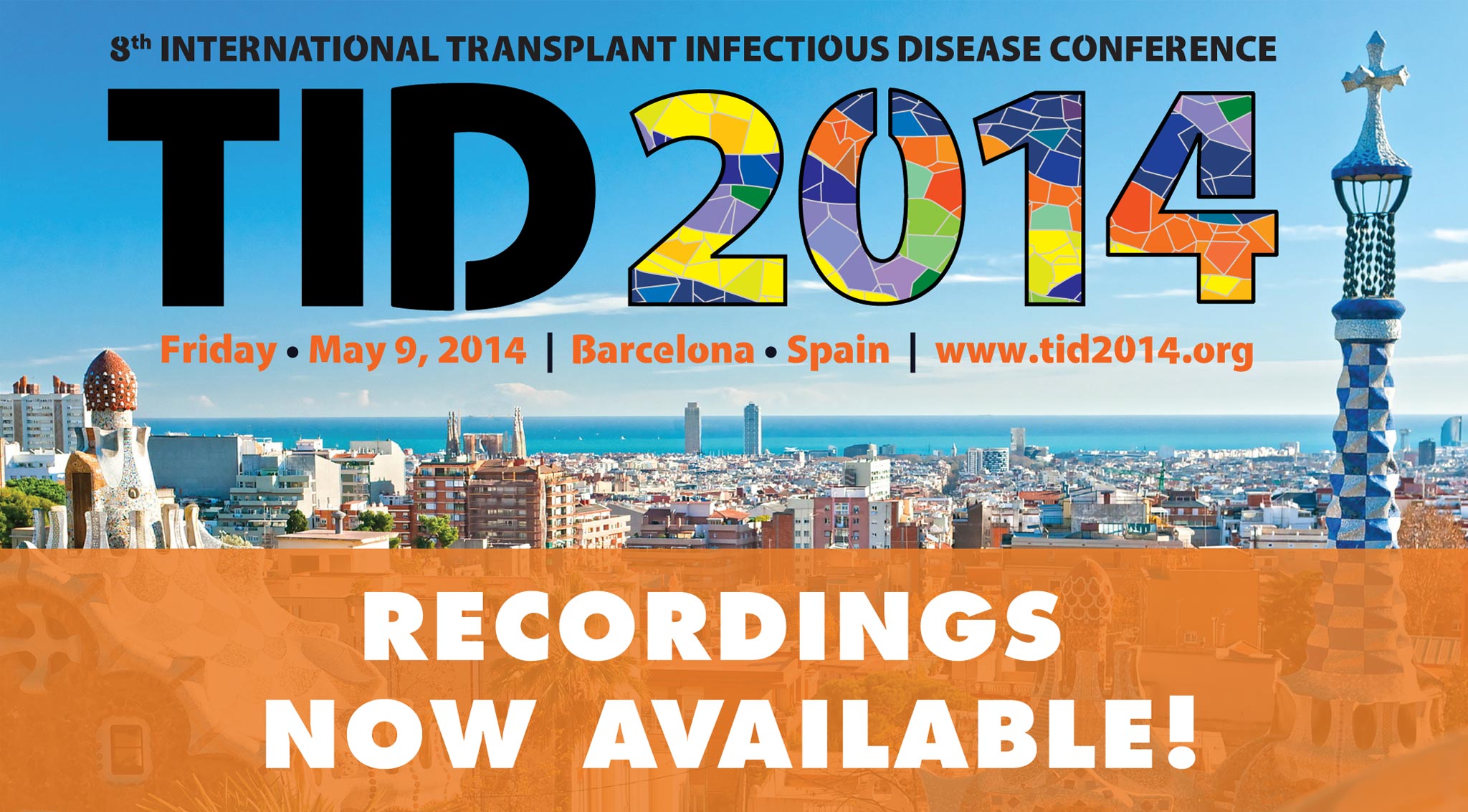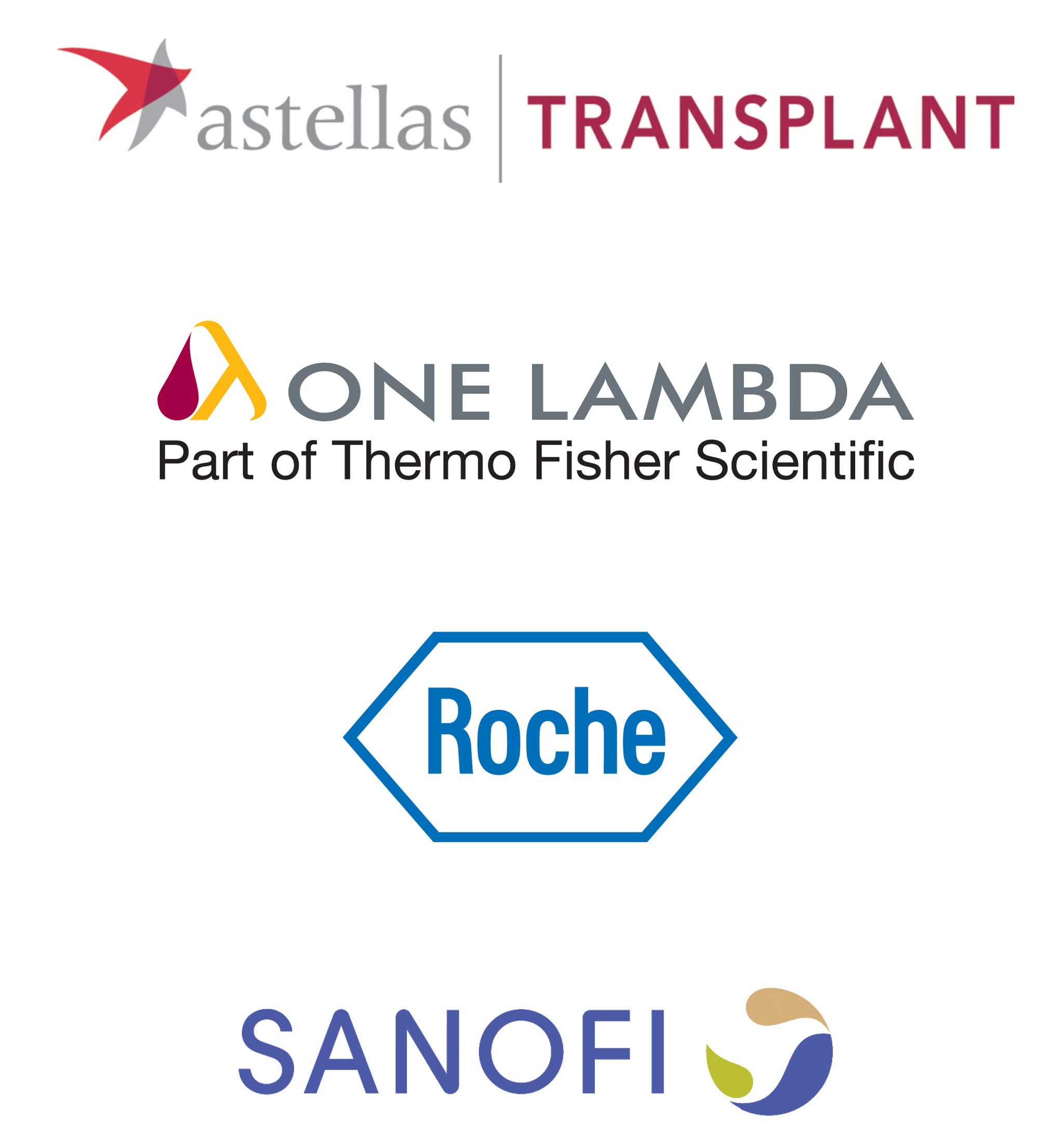Newsletter 2014 Volume 11 - Issue 2
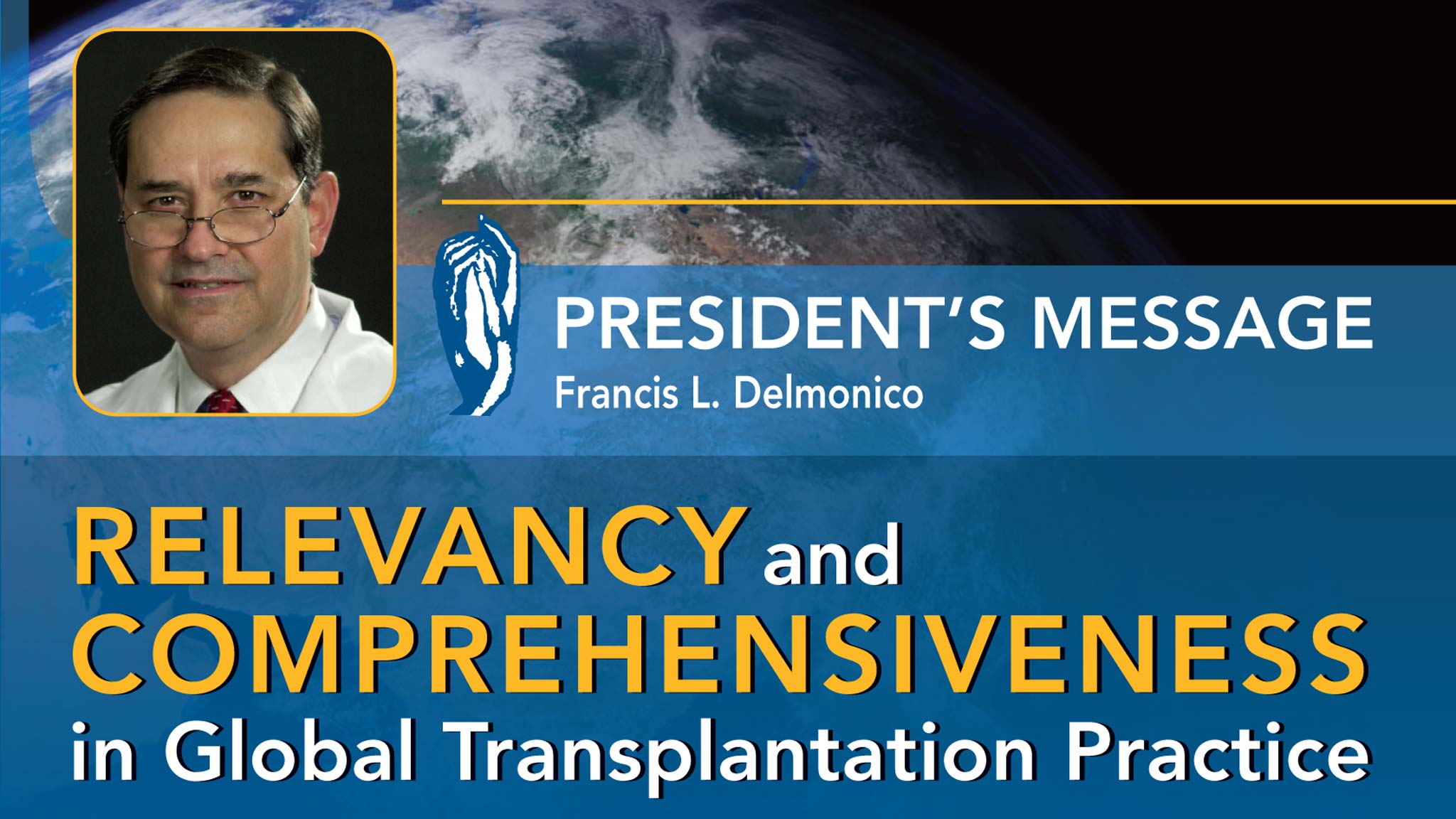
WELCOME TO THE WORLD TRANSPLANT CONGRESS.
This is a very exciting venue this year that will bring the best of organ transplantation practice to all of the participants and we expect a record-breaking crowd.
I wish to congratulate Nancy Ascher who is now elected-President of TTS for 2016 to 2018, and she will join ably our next President, Philip O’Connell (2014–2016) from Australia, in the leadership of The Transplantation Society, which has changed so greatly how the Society relates to the practice of transplantation around the world in this last decade. TTS now has more than 6400 members and it affiliates with many national societies and sections around the world making it quite relevant to the practice of transplantation comprehensively.

AND SO WE’VE NOW CALLED UPON CHINA ONCE AGAIN TO ADDRESS THE ISSUES THAT THEY THINK ARE IMPORTANT...
WE ARE HOPEFUL THAT A NEW DAY IN CHINA CAN INDEED COME ABOUT.
As we deliberate about the current events of transplantation, I think it is important commentary to mention the situation regarding China. The Society has been at the forefront of leadership, engaged with colleagues within China, to bring about changes in China that have been so necessary. These changes don’t come from a prescription of TTS, but by our Chinese colleagues seeking those changes. They include a conclusion of using organs from executed prisoners. They include the opportunity of having regulatory authority to oversee the practice of transplantation – with transparency; with computerized wait lists; with a demonstration of outcome; with ethically proper live donation and knowing of the safety of the living donor. They include credentials for transplant professionals – again to be reviewed by regulatory authorities that goes to the Ministry of Health.
These were the components of the Hangzhou Resolution, and yet when this resolution was adopted by many transplant centres within China, although very encouraging, as the months elapsed it became evident that those changes from China were not being implemented.
And so we’ve now called upon China once again to address the issues that they think that are important – and we know so as well – and guided by principles of the WHO and by the Declaration of Istanbul, we are hopeful that a new day in China can indeed come about.
I wish you well at this Congress. This will be my last message to TTS participants, but I do so with great respect and appreciation to the Council – and again to mention Philip O’Connell and Nancy Ascher who will now be our leadership – and know that the Society is in very good hands. With all best wishes to you all, I look forward to seeing you at the President’s Plenary on Tuesday July 29th, it starts at 9:30 am, and I am hopeful that you will be there to enjoy a very productive session, hear the Presidential Address as well as Al Roth and Luc Noël – Al Roth being the Nobel Laureate in Economics, won so because of peer donation; and as you know, Luc Noël from the World Health Organization has been very much aligned with TTS and the Declaration of Istanbul. So it will be a special Plenary Presentation and it will be an honour for me to participate and bring a Presidential Address.
Thank you all and best wishes.

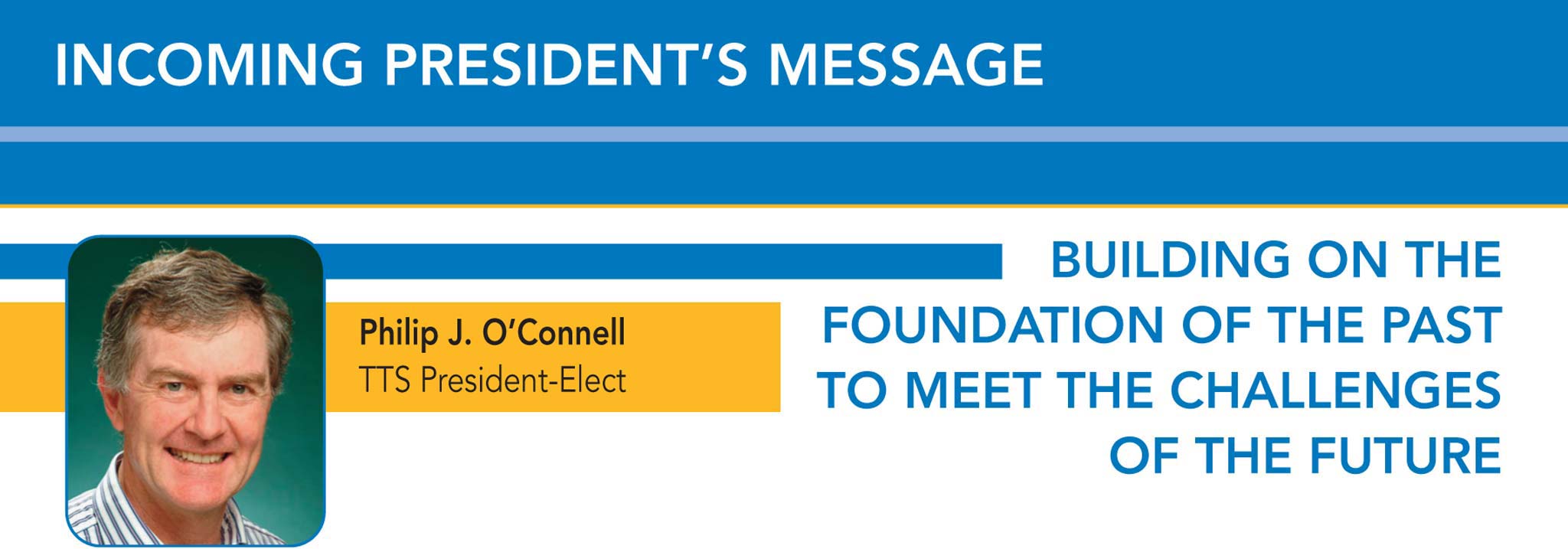
As I look to August when I will take over as President of the Society, my emotions are a healthy mix of enthusiasm and anxiety. It is a great honor to lead the only truly global society of transplant clinicians and scientists.
The membership continues to grow year on year and we have a representative and democratically elected council. Thanks to the leadership and wisdom of those who have gone before me, the Society is a leader in Science, Education and Public Policy.
THE FOUNDING MEMBERS OF THIS SOCIETY DEVELOPED MANY OF THE ADVANCES THAT HAVE MADE TRANSPLANTATION THE SUCCESS IT IS TODAY.
IT REMAINS OUR MISSION TO CARRY ON THIS LEGACY AND TO BUILD ON THIS FOUNDATION IN SCIENCE AND CLINICAL PRACTICE.
It has taken a strong and correct stance on ethical issues, especially in the area of organ donation, and can be proud of its initiative as one of the founding societies that endorsed the Declaration of Istanbul, which sets out the guiding principles for organ donation and transplantation.
One of the foundations of ethical organ transplantation is self-sufficiency in organ donation. For many developing countries this can be a challenge and a central mission of the Society remains to assist members in these countries with the development of a responsive and efficient transplant program that will meet the needs of all its citizens. Over the next few years TTS will look to expand this activity through its Transplant Sister Center programs and promoting links with, and supporting established connections between, developing and expert centers. For all of us there are many challenges that face a rapidly expanding specialty that has transitioned from experimental treatment to standard of care in a short space of time.
In 2016 the Society will be celebrating its 50th Anniversary. The founding members of this Society developed many of the advances that have made transplantation the success it is today. It remains our mission to carry on this legacy and to build on this foundation in science and clinical practice. In this area there remains many challenges.

Access to transplantation remains an important issue in all regions. Research and development, both publically funded and from industry, has stalled despite there being substantial unmet needs in terms of long term graft survival, organ preservation and transplantation of high risk individuals. I anticipate that over the next few years TTS will be at the forefront of initiatives to reinvigorate research and to develop international structures that promote the development of investigator-driven clinical trials, in areas that are important to us. I hope that over the next few months I will be able to talk to many of you and get your views on how we can move these developments forward.
Finally, I would like to thank Francis Delmonico and out-going members of TTS council. The council has done a great job in keeping TTS at the forefront of Transplantation Science, Public Policy and Education.
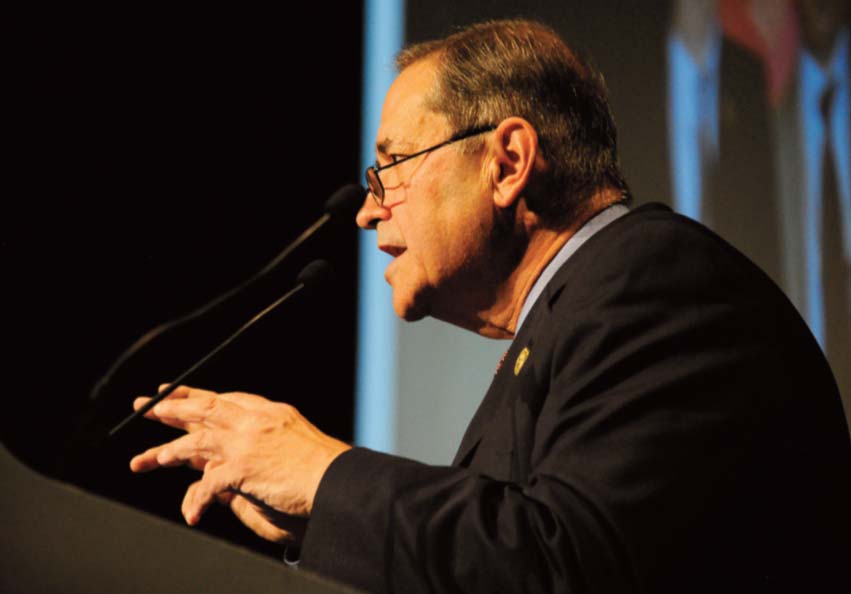
ISODP 2013 • Sydney, Australia
Frank, as President, has worked tirelessly on behalf of TTS. For the past decade he has devoted his life to the delivery of ethical, just and transparent transplant processes around the globe. He has lobbied for the development of deceased donor programs, has developed official relations with the WHO and exposed unethical practices without fear or favor. We owe him a lot and his impact will be long remembered.
I look forward to meeting you in San Francisco and I am optimistic about the challenges ahead.
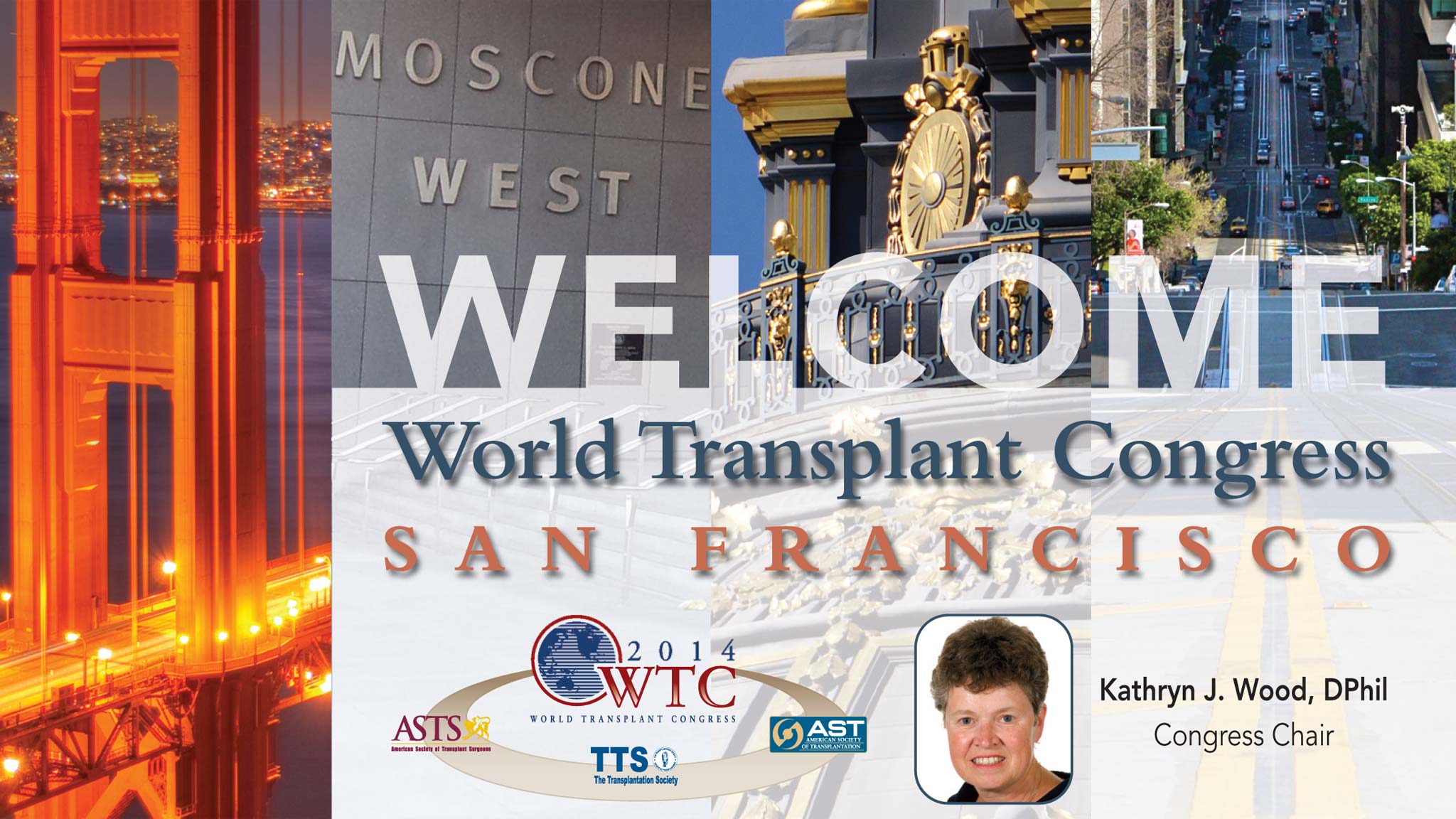
It is a great pleasure for me to welcome you to WTC 2014 and to San Francisco. We are delighted that you have been able to join us for this, the second World Transplant Congress. We have put together an exceptional programme for you to enjoy over the forthcoming days covering all aspects of the science and clinical practice of transplantation. We are sure that, whatever your interest, there will be some exciting and thought-provoking ideas for you to discover and enjoy.
TRANSPLANTATION TV – ONSITE CONFERENCE TELEVISION CHANNEL FEATURING A NEW EPISODE DAILY... PROVIDING YOU WITH UP TO DATE INFORMATION IN A BID TO RAISE THE VISIBILITY OF THE WORK OF EVERYONE IN THE FIELD.
The programme has been designed to bring you up to date with cutting edge advances, including outstanding, novel basic, translational and clinical research as well as the latest innovations and ideas in clinical practice and sessions that examine care and management issues, socioeconomic, ethical, and regulatory issues relevant to organ, cell and tissue transplantation. We believe that WTC 2014 will provide you with an excellent learning opportunity, an arena in which to exchange ideas and information and a platform on which to strengthen relationships with existing colleagues and to develop new collaborations.
Don’t forget, too, that this year we have Transplantation TV (July 26-31) – an onsite conference television channel featuring a new episode daily that will include interviews with the Presidents of The Transplantation Society, AST and ASTS, and with all of the Plenary speakers.
Transplantation TV will be shown around the convention center and on a special channel in hotel rooms, as well as online on YouTube, on the conference website, and on social media to provide you with up to date information and in a bid to raise the visibility of the work of everyone in the field.
The WTC Opening and Closing ceremonies as well as the Networking Event have been carefully planned for you to enjoy and we look forward to seeing you there.
Of course, an event such as this doesn’t come together without a great deal of effort and enthusiasm and, as Chair of the Organising Committee, I would personally like to thank the members of the WTC Executive, Finance and Programme Committees, together with the Congress Office for all their hard work, help and support over the last two years. It has been a pleasure to work with you. I would also like to thank the speakers and moderators for devoting their time and energy to WTC 2014 and to all of you who have submitted abstracts and made the commitment to attend – please make the most of the opportunities WTC 2014 has to offer.
Finally, it just remains for me to say that I hope you have a wonderful time at WTC 2014 in San Francisco and that you enjoy being a part of this very special event.
I look forward to meeting as many of you as I can during WTC.
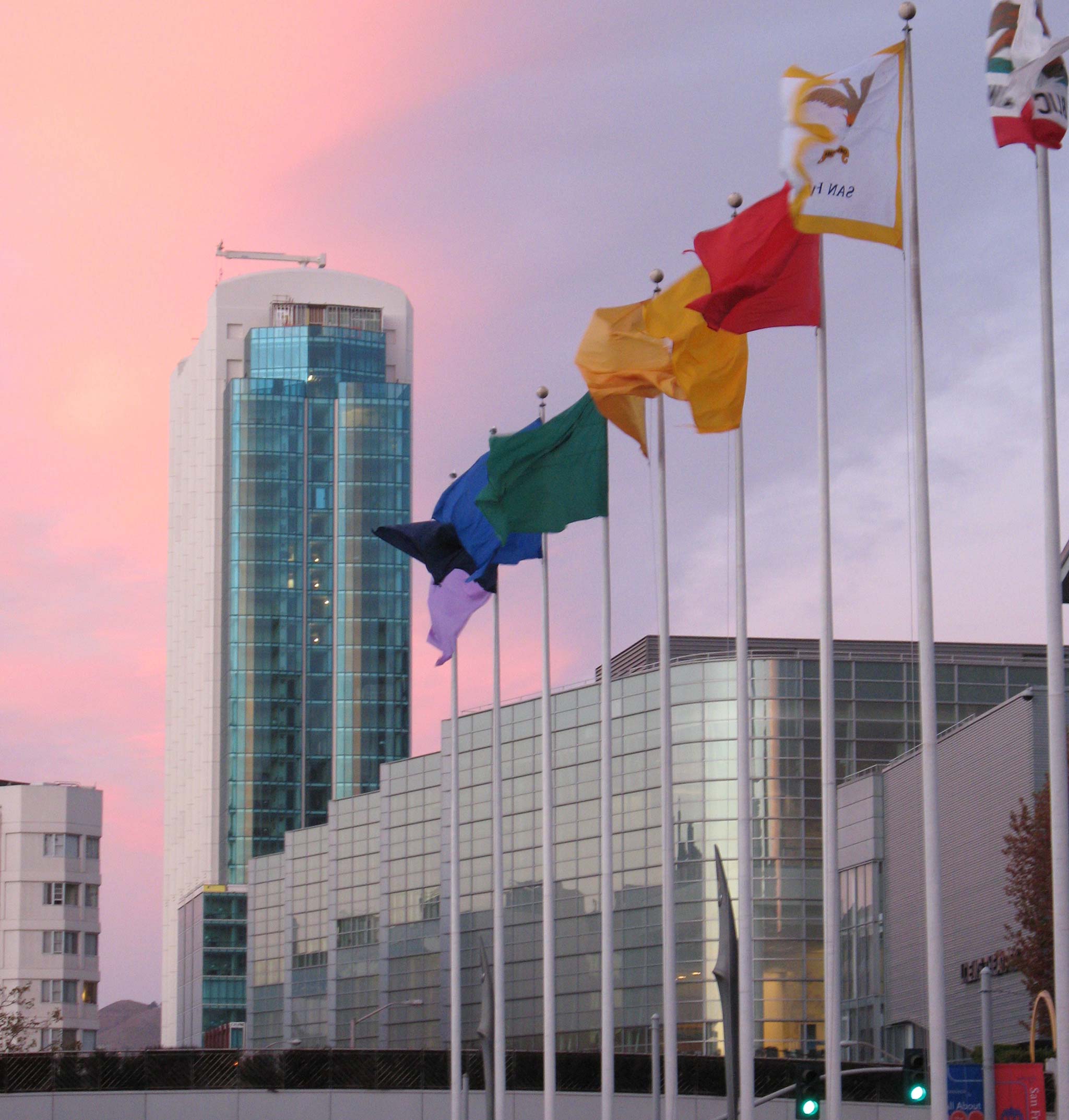
Moscone West Convention Center
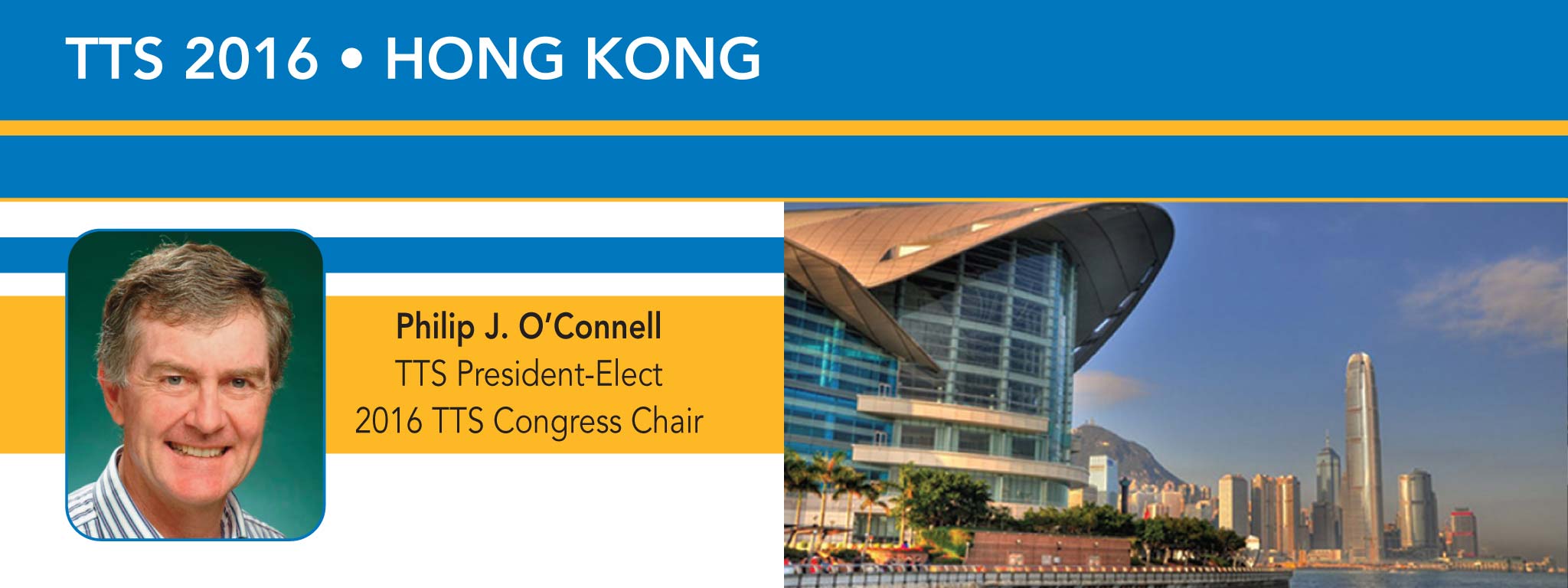
In 2016, the 26th International Congress of the Transplantation Society will be held in Hong Kong from 18th to the 23rd of August. This meeting marks a major milestone for the Society as we will be celebrating our 50th Anniversary. The Society has recognized for some time that from a transplant perspective this is definitely the Asian century. In demonstrating TTS’ commitment to worldwide access to transplantation, we can think of no better place to hold this meeting than in one of the major gateways to Asia. We have brought together a high profile program committee with the aim of developing a broad program that will cover a diverse range of topics from the best cutting edge science to the latest controversies in ethics and public policy. Issues relevant to developing transplant programs and organ donation will be a highlight for many of you. Hong Kong is an exciting destination, which is regarded as the meeting place between East and West. The Hong Kong Convention and Exhibition Centre is a wonderful venue for the meeting in the heart of Hong Kong Island and on the edge of Victoria Harbor. I look forward to meeting you in this wonderful city for what promises to be a stimulating gathering of great minds and new ideas.

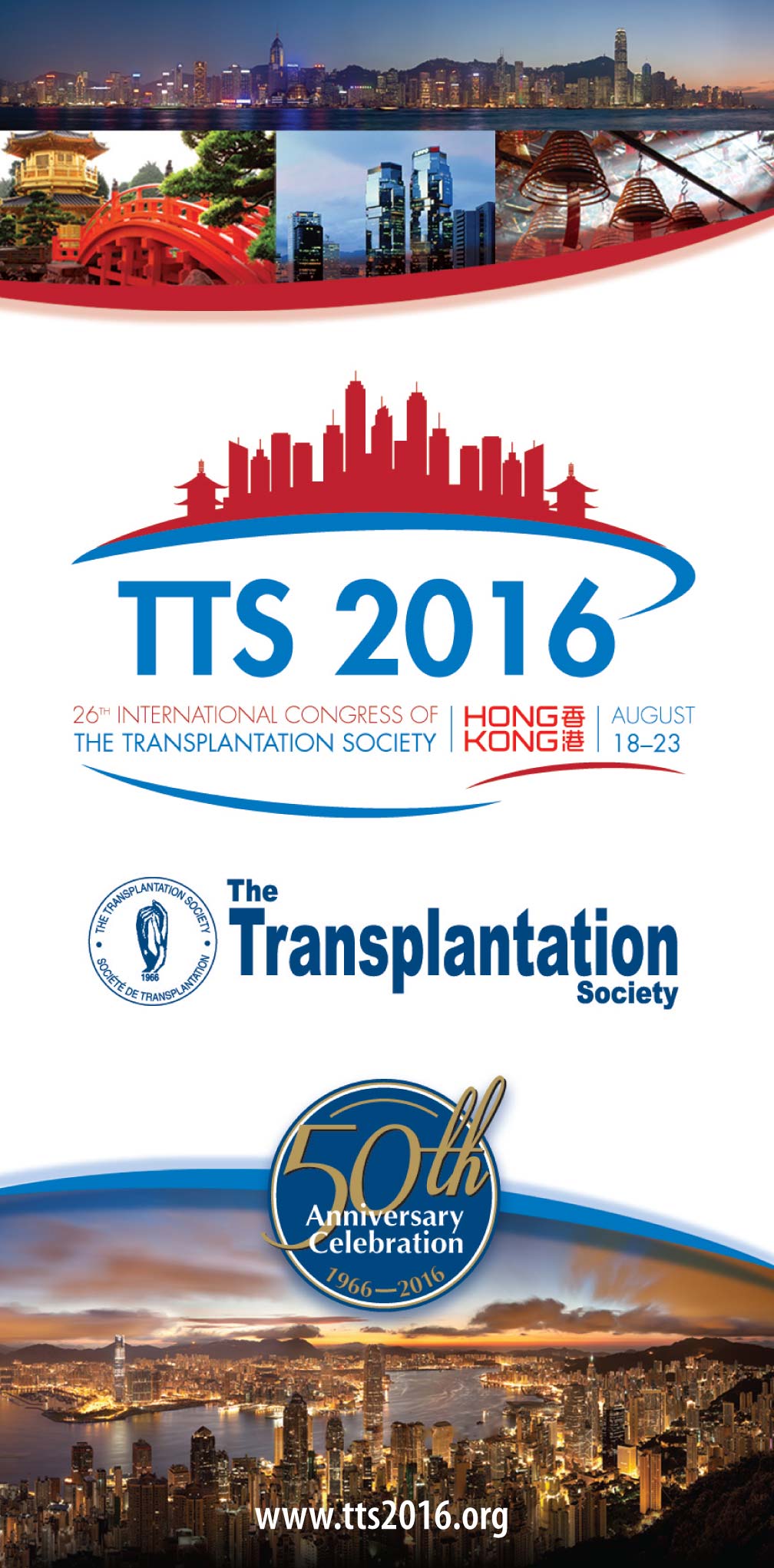
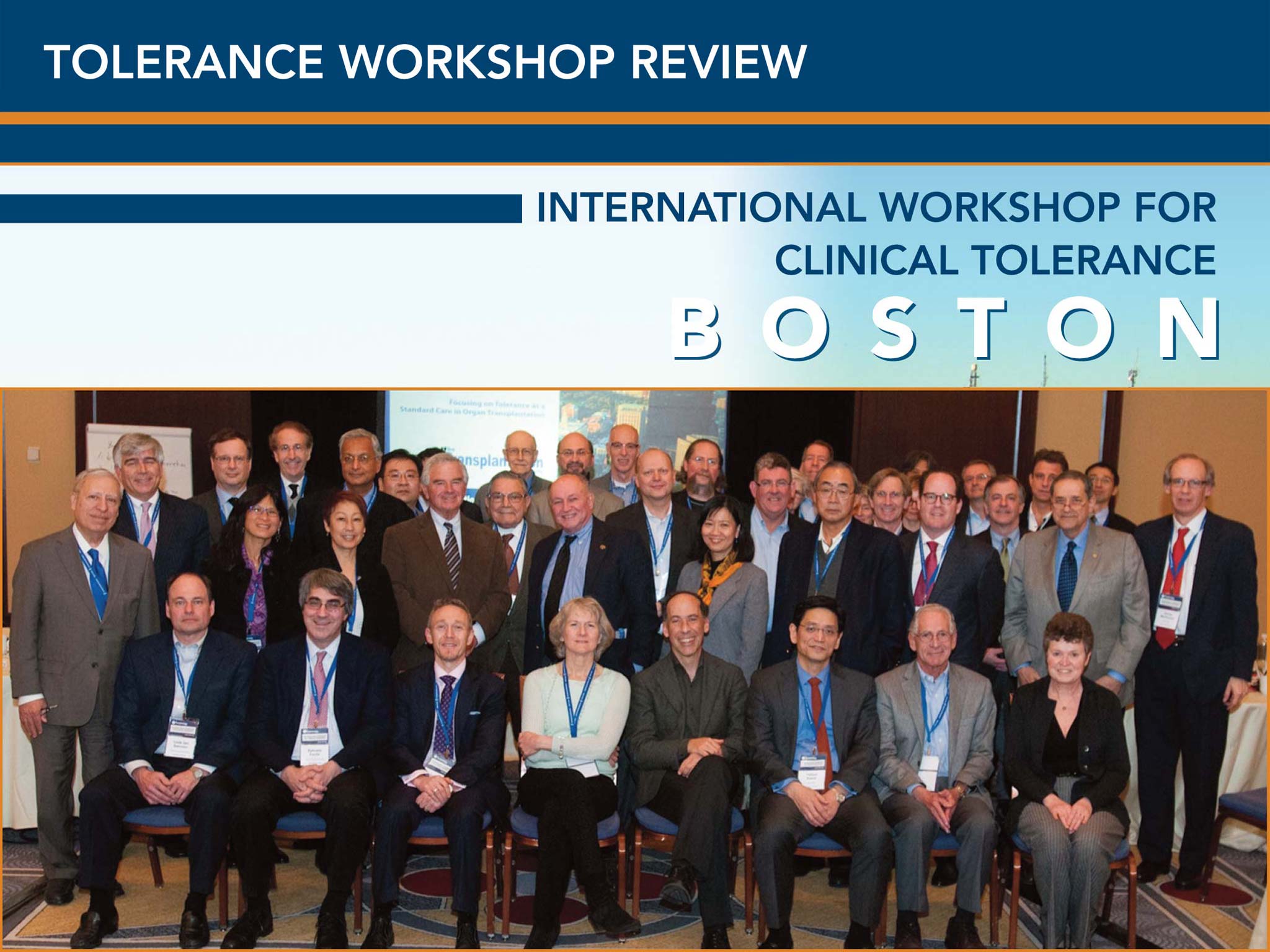
The First International Workshop for Clinical Tolerance sponsored by The Transplantation Society was held in Boston, Massachusetts, on March 14-15, 2014. Entitled “Tolerance - One Transplant for Life”, the meeting was conducted by an executive group, including Tatsuo Kawai, Joseph Leventhal, Joren C. Madsen, Samuel Strober, Laurence A. Turka, and Kathryn J. Wood.
This meeting was conceived to address the issue of how to make tolerance induction protocols a standard of care for appropriate transplant recipients. None of the attendees expected a solution to emerge during meeting, but rather all hoped to identify issues and barriers, and to begin to craft a path forward, and indeed by this metric the workshop was a success. The discussions explored several key points related to tolerance trials, including patient selection with the underlying cause of end-stage renal disease and pre-sensitization. There was agreement that certain forms of ESRD with a very high risk of recurrence, such as FSGS, as well as pre-existing DSA, should represent an exclusion to enrollment. Study design of tolerance trials was also an important focus. Control groups (possibly with randomization) treated with standard immunosuppressive protocols should address the question of whether trying to achieve tolerance leads to superior patient outcomes over the long-term compared with standard of care or drug minimization. Most discussants agreed that stable donor chimerism was sufficient to establish donor specific tolerance. Considerable time was spent debating how transient chimerism might establish a form of regulatory tolerance, and how that state might be identified and measured. There was also extensive discussion around the issue of making drug withdrawal as safe as possible. One over-arching conclusion of this discussion was the need to be more systematic and standardized in collecting and disseminating clinical and immune monitoring data. Finally, there was unanimous agreement that difficulties in securing funds for clinical trials was a major impediment to progress.

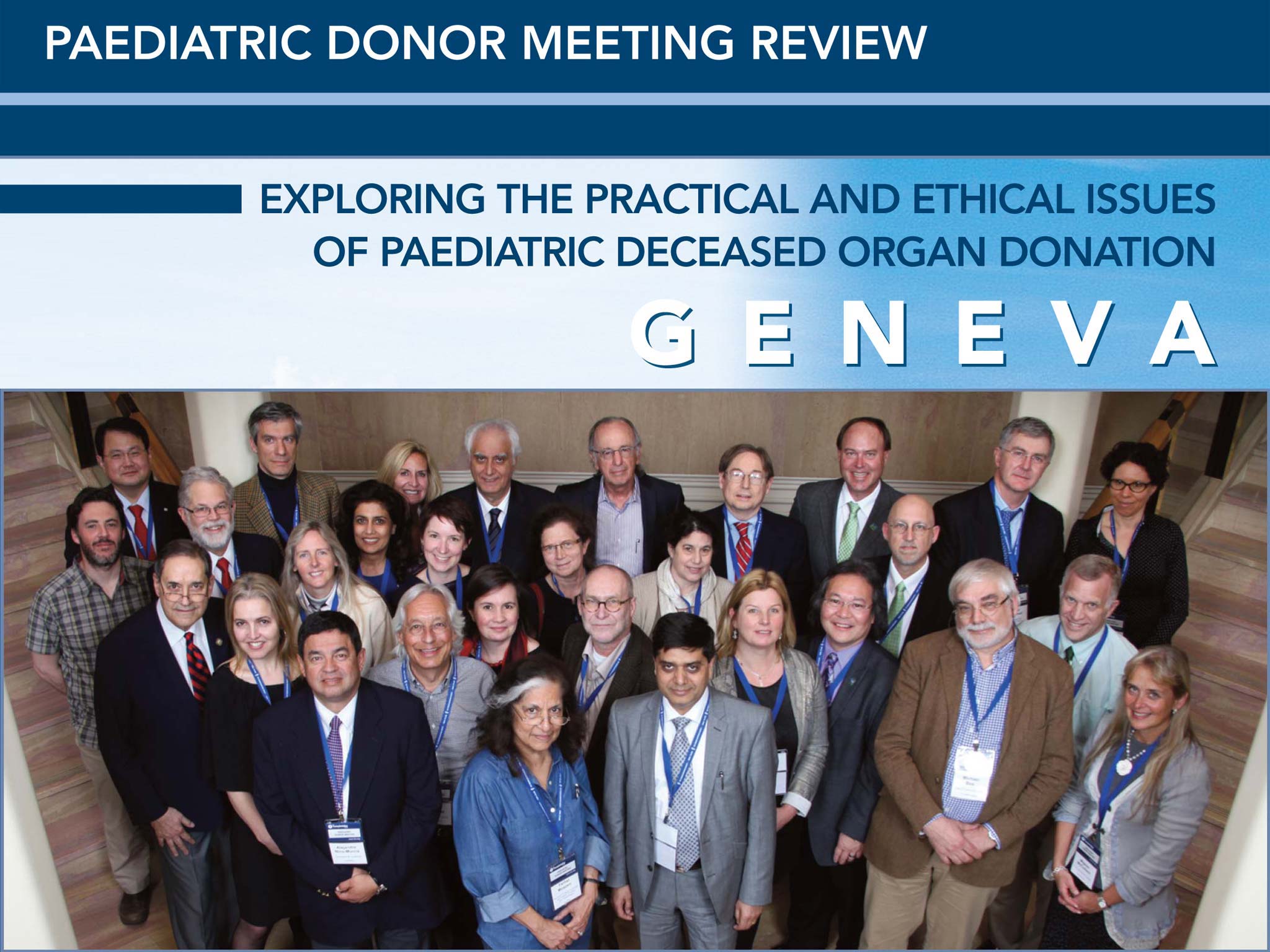
An international meeting exploring the practical and ethical issues of paediatric deceased organ donation was convened by the Ethics Committee of The Transplantation Society in Geneva, Switzerland, on March 21–22, 2014. The 34 participants included representatives from the regional professional societies of transplantation and the World Health Organization, and encompassed a great diversity of expertise with paediatric transplant surgeons and physicians, intensive care specialists, nurses, ethicists, lawyers, sociologists and psychologists present.
The inspiration for this meeting, which participants believe will provide essential guidance for professionals and policy makers seeking to establish or enhance deceased donation programs, was that of TTS President Francis Delmonico and Ethics Committee Chair Michael Bos.

The aim of the meeting was to draw attention to the importance of paediatric deceased donation, and to discuss some of the shared challenges experienced across the world in providing opportunities for donation ethically and effectively, creating recommendations for improving practice and policy. Four groups explored specific areas of concern and drafted materials in advance of the meeting under the leadership of the hard working chairs
- Donor Recognition and Policy in the Paediatric Intensive Care Unit (PICU)
Chairs: Tom Nakagawa and Marion Siebelink - Ethical Challenges in End-of-Life Care
Chairs: Katrina Bramstedt and Joe Brierley - Family Decision Making
Chairs: Fabienne Dobbels and Jim Rodrigue - Allocation of Paediatric Donor Organs
Chairs: Minnie Sarwal and Ron Shapiro
During the meeting, a number of working group meetings were held and then a series of plenary sessions were conducted to discuss issues and review recommendations drafted by the respective groups. An initial plenary session was also held to discuss the issue of death determination in children. Consensus was achieved on a number of key points, which will form the substance of a later meeting report.
Despite considerable variation in experiences between different countries and cultures, common themes of concern and opportunities to improve practice were noted. In particular, professional and public discomfort and uncertainty regarding the determination of death and the inclusion of deceased donation within end-of-life care were noted to underpin many missed opportunities for donation. Staff education and training, provision of clear guidance and protocols to assist in timely identification, referral and optimal management of potential deceased donors, and effective communication with families were identified as essential to support deceased donation. Participants agreed that recognition and understanding of death as a process, and that compassionate, high quality care at the end of life is compatible with deceased donation, will assist both professionals and families in providing opportunities for and making informed decisions about donation. The shared concern of families and professionals is of course for the well-being of paediatric patients, and policies and practices should be informed by evidence so as to promote this goal. Communication with families should aim to foster understanding and to build trust in policy and practice through transparency about, for example, allocation of paediatric donor organs.
More research, for example investigating practical and cultural barriers to paediatric deceased donation, is needed. More resources for professional education and training, and to guide standardised and accountable practices are required. First, however, this meeting highlights the need for professionals to take responsibility for improving and encouraging paediatric deceased donation where possible throughout the world.
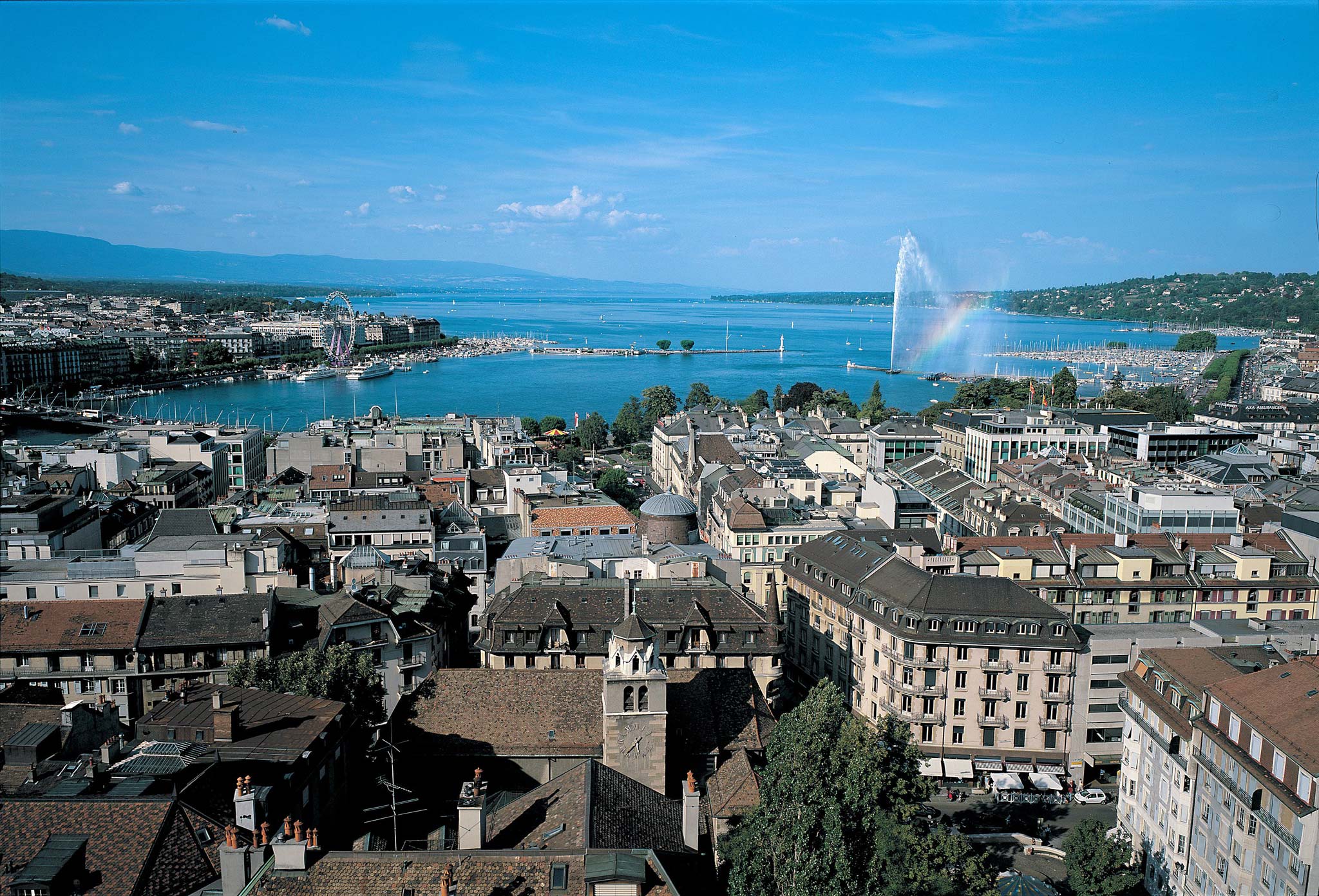
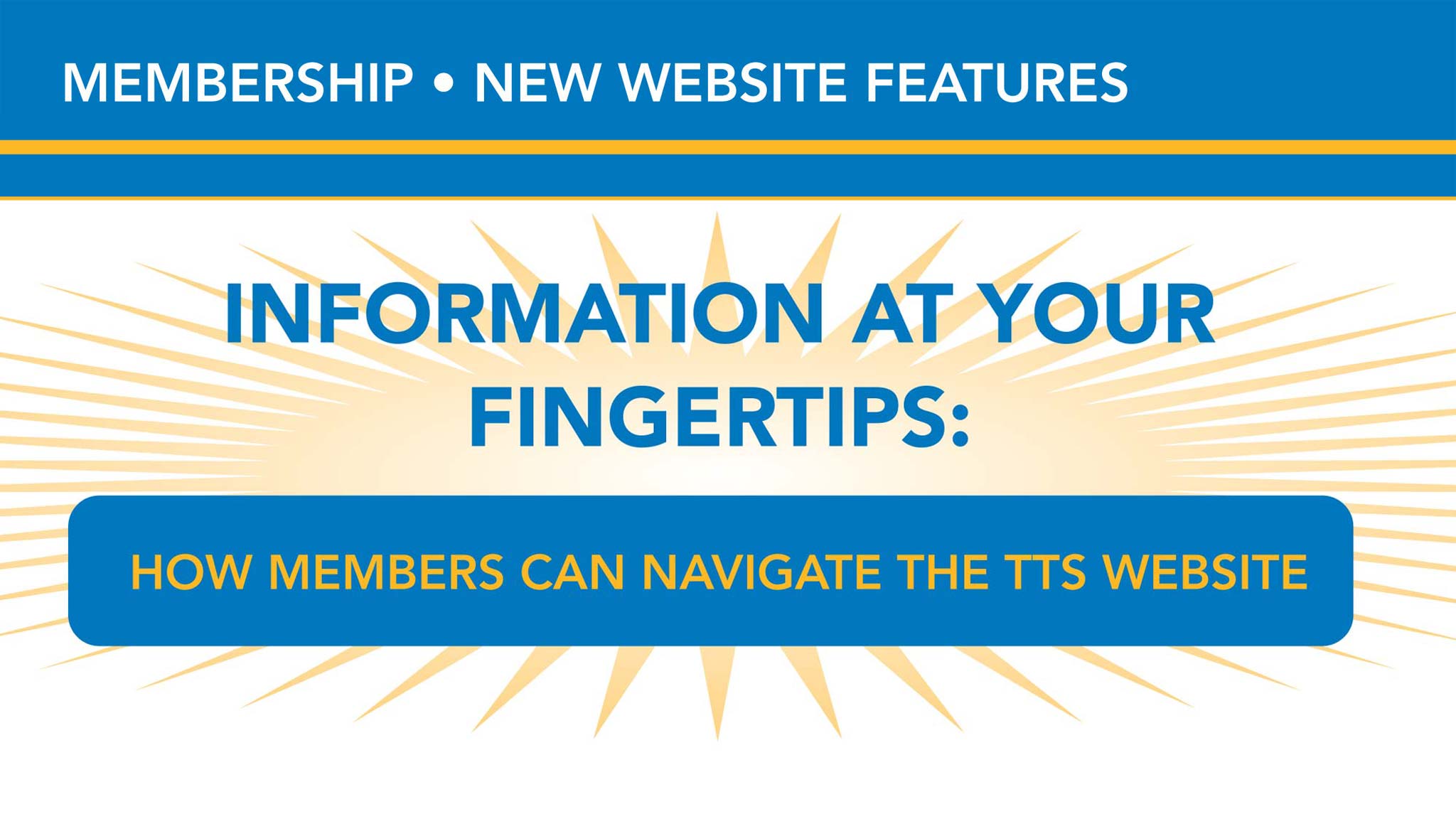
TTS’ website, www.tts.org, recently got a facelift, making the site more attractive and more user-friendly. There is a wealth of information at your fingertips, if you are a TTS member and know how to navigate the website.
First thing first, you need to log into your membership account to access member-only content. The login button can always be found in the top right corner.

Once logged in, you can access the Membership Directory, found under the tab Members Area.

The directory has the names of over 6500 contacts, searchable by last name, first name, country and area of interest. New features include the Favorite and Flag buttons, so you can bookmark the contacts with whom you frequently correspond. Your bookmarks will be saved and will make it easier to keep in touch.
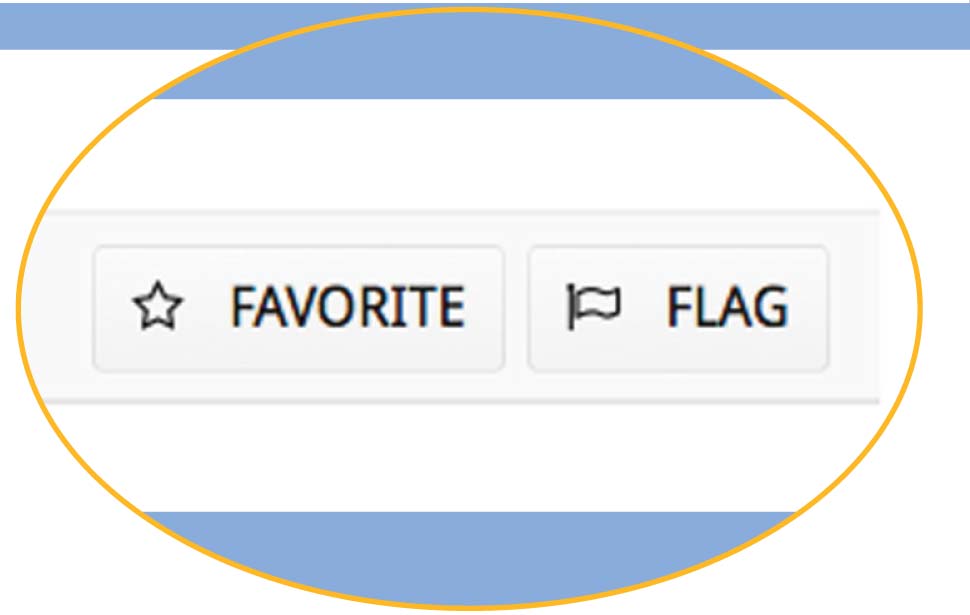
Another important benefit available through the TTS website is access to the journal Transplantation. Again, you need to be logged in to read articles. The link for the journal is available under the Members Area tab: Transplantation Journal Online Access Link. Once you click it, you will be redirected to the journal’s website, www.transplantjournal.com. Articles can be downloaded and saved by clicking on the PDF icon.
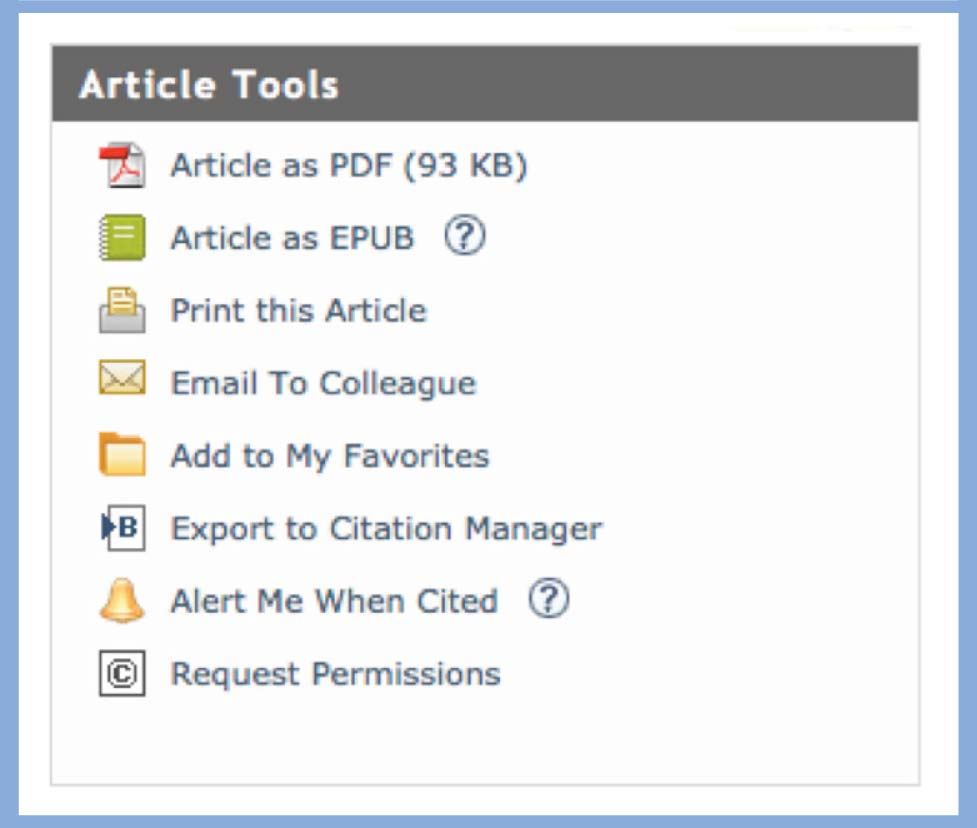
The TTS website has an extensive members-only library with over 3000 presentations and 70 webinars, all of which can be found under Education. The webinars are classified by date whereas the presentations from past meetings have search parameters. You can look up recordings by meeting, session type, title or presenter. Again, you can use the Favorite and Flag options to bookmark and come back to later.

The directory, journal and multimedia library are just some of the resources available on the TTS website. The Membership FAQ contains more information on your account and can be consulted at any time.
Happy surfing.
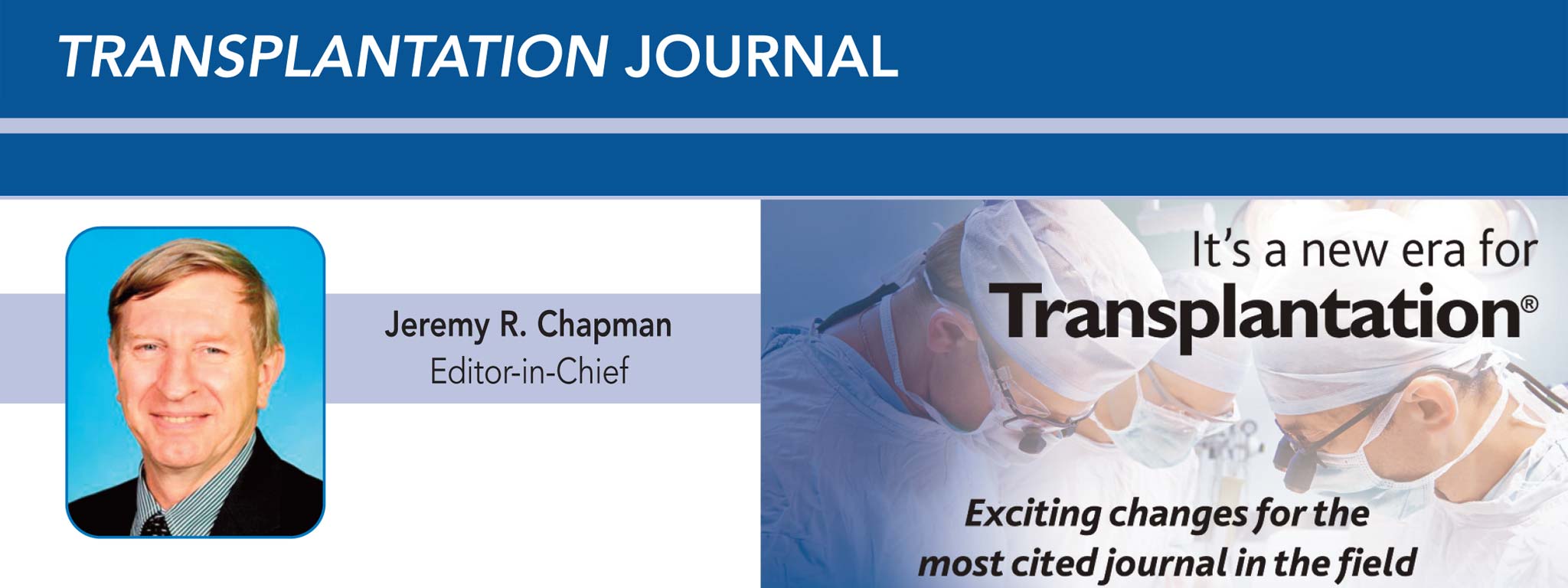
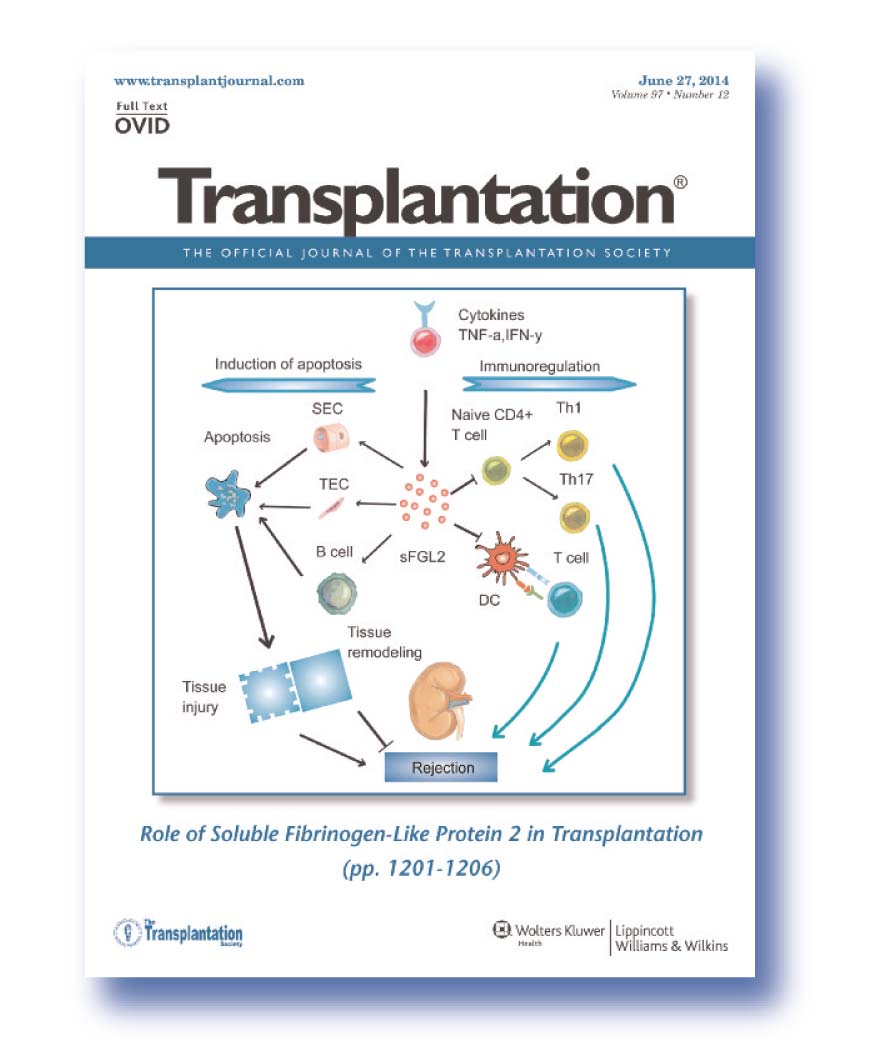
Your journal is undergoing change. As of July 1st, all new manuscripts will be processed by the new editorial team using our brand new website - www.editorialmanager.com/tpa. Bookmark it now! As a member of TTS, you will get an email giving your login details for this new site and whether you are an author or a reviewer- please dig it out and login to update your details.
WHAT ELSE IS CHANGING?
- Article types and lengths:
Full details are on the website under instructions for authors – we have standardized manuscript lengths. - Materials and Methods section:
This section has now moved back to the more conventional placing between Introduction and Results. - Review process:
Papers will receive additional review – but we intend to remain quick. The current editors have set the pace at 20 days to first decision. We plan to keep to that time and to cut it to 18 days, but we all have to learn the new website processes. - Contact details:
Transplantation now has a new office for contact – editorialoffice@journal.tts.org – please feel free to contact us if there are improvements and changes that you think we should make. This is your journal and needs to meet your needs for learning about innovation in our field, to know who is doing interesting studies and to share expertise with others. - Meet the Editor on stand 711 in the exhibition hall at WTC:
We will have all the team there to talk to in the morning coffee breaks and at lunch breaks. See the new journal submission site, get your login details organized, and download the journal app.
The new editors have a series of other changes under consideration and we will keep you in touch with all of them – watch this space since there is much more to be unveiled as we count down to January 2015.
The Editors who are stepping down after many years of amazing service to TTS and the Transplantation Journal will be at WTC – they have shouldered an enormous burden and produced a journal of great quality and tradition – the most cited journal in the transplantation field. Join the new team in congratulating them and thanking them all for the work they have put in: Kathryn Wood, Manikkam Suthanthiran, Tony Monaco, Peter Morris, Andrew Bradley, James Neuberger, David Sachs, and Mark Hardy.

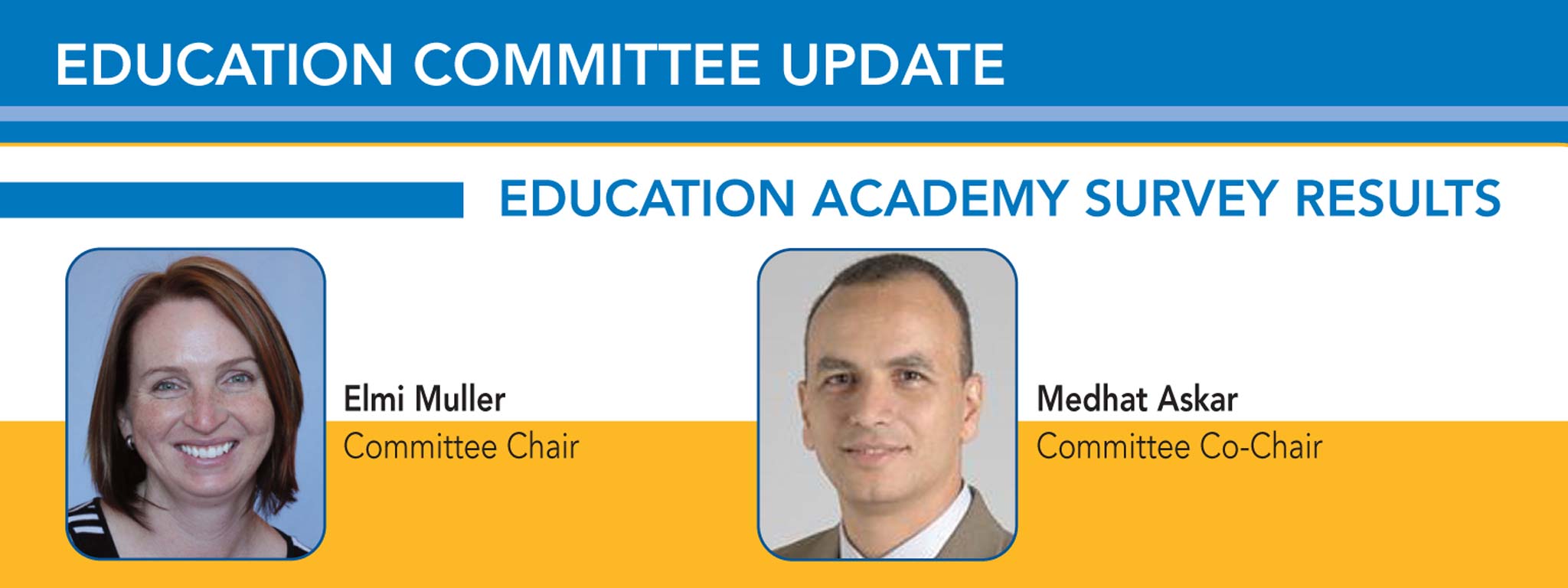
As of the beginning of June 2014, more than twenty TTS members graduated from The TTS Distinguished Educator Certificate program after completing the 12 online webinar series. More participants in the program are still watching the webinars they missed from the archived recordings on the TTS website, www.tts.org/academy. However, it is still not too late to join the program and qualify for the Certificate by watching the archived recordings of these webinars, freely available for all TTS members on the TTS website.
The results of the Education Committee’s survey of the membership on the perception of their competency as educators, need for such courses and reasons for non-attendance have been analyzed. The highlights from the analysis are that 92% of respondents are involved in education and 97% valued involvement in education. The majority of respondents who attended the series rated the webinars very highly. Of non-attendees, 63% were not aware of the course but would consider it. Lack of time was identified by most respondents as a major barrier to participation. Interestingly enough, 97% of respondents agreed that TTS should invest in offering programs focused on education despite that 92% of respondents thought they were effective educators.
ARE YOU INTERESTED IN GUIDING THE FUTURE DIRECTION FOR TTS EDUCATIONAL ACTIVITIES?
IF SO PLEASE JOIN PARTICIPANTS OF THE TTS EDUCATION ACADEMY IN AN INFORMAL GET TOGETHER DURING THE WTC IN SAN FRANCISCO (RSVP BY EMAIL TO ASKARM@CCF.ORG).

The Transplantation Society, in conjunction with the WHO and the South African Transplantation Society, hosted a workshop last year for people starting off in the field of transplantation. The TTS Education Committee put together a series of webinars with these topics in order to bring this workshop out to the world. We hope that everybody who attends these webinars will find them enjoyable, be able to start their own programs, and will be able to engage with some of these speakers via e-mail and with regular contact in the future to help them start programs and to build a brighter future.
LECTURE 01 |
The Socio-Economic Benefits of Transplantation and the Burden of End-Stage Kidney Disease in sub-Saharan Africa |
LECTURE 02 |
The Role of the WHO and Perspective on Transplantation in Africa |
LECTURE 03 |
Minimum Requirements from an
Infectious Disease Perspective |
LECTURE 04 |
Tissue Typing: Laboratory Requirements for Transplantation |
LECTURE 05 |
DCD - An Option for Countries without Brain Death Practices |
LECTURE 06 |
Immunosuppression – An Introduction and Cost Effective Options |
LECTURE 07 |
Integrating Dialysis and Transplantation Programmes in Africa |
LECTURE 08 |
Transplant Coordinator and Nursing Requirements in the Field of Transplantation |
LECTURE 09 |
Partnership and Training Options: An Example of Outreach in Africa |
TO SIGN UP AND TO VIEW THE FUTURE SCHEDULE FOR THIS WEBINAR SERIES, PLEASE VISIT THE STARTING OFF IN TRANSPLANTATION PAGE ON THE TTS WEBSITE.
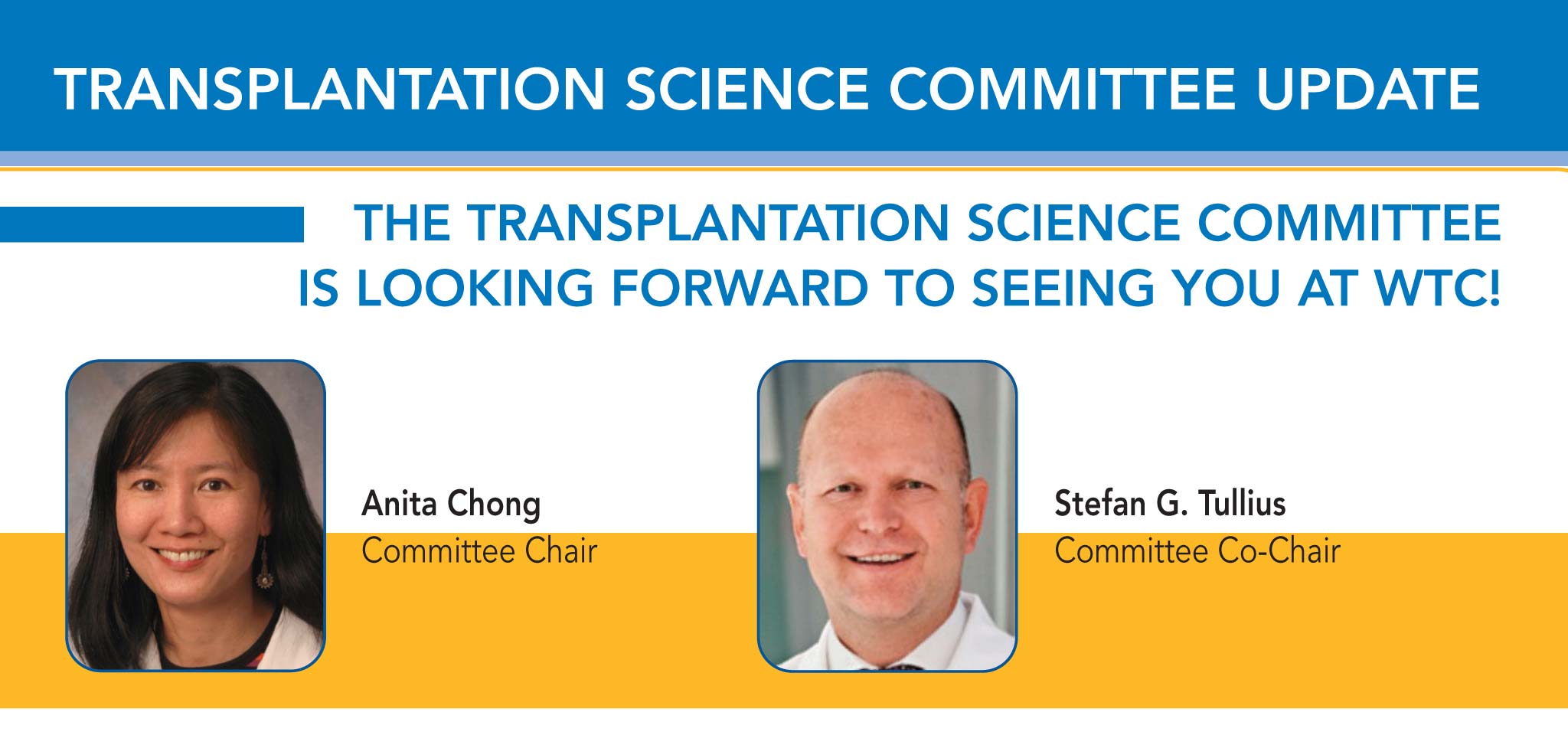
In addition to the excellent line-up of basic and translation science presentations, the TSC is pleased to have teamed up other national and organ-specific societies to support the Mentee-Mentor Travel awards that allows mentor and mentee to strengthen their relationship while attending the WTC in San Francisco.
We are extremely grateful to the TTS Council and our partnering societies for their generous support of these awards that allows mentor and mentee to strengthen their relationship by attending the WTC in San Francisco. The TSC networking event will be held on Wednesday July 30 at 17h45–18h30 at the Spa Terrace of the InterContinental Hotel to honor the Mentee-Mentor Awardees and to facilitate networking among Basic and Translational Scientists.
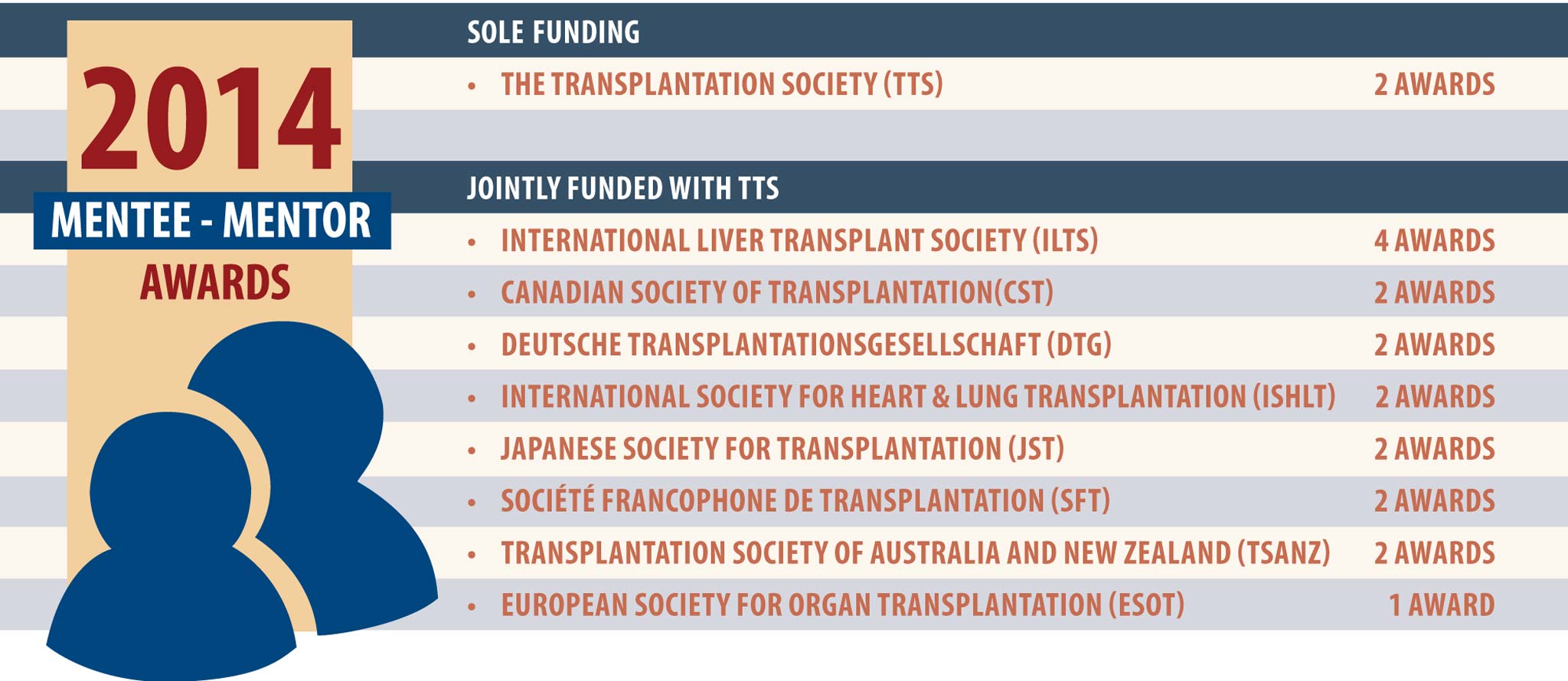
The TSC in collaboration with The ONE Study (www.onestudy.org) will be holding an inaugural workshop prior to the Word Transplant Congress in San Francisco discussing a New Initiative to Develop a Global Virtual Laboratory (GVL). This workshop aims at developing an accessible platform of standardized protocols for immunological and genetic monitoring of human transplant recipients. We believe that such standardization of defined sets of immunological and genetic protocols will be enormously beneficial to the global transplant community, as it will take advantage of carefully validated protocols developed by The ONE Study and other large clinical trial consortia, and allow for meta-analysis across individual studies and countries. The TSC is extremely grateful that Ed Geissler from The ONE Study and a member of the TSC is taking a lead in organizing this workshop.
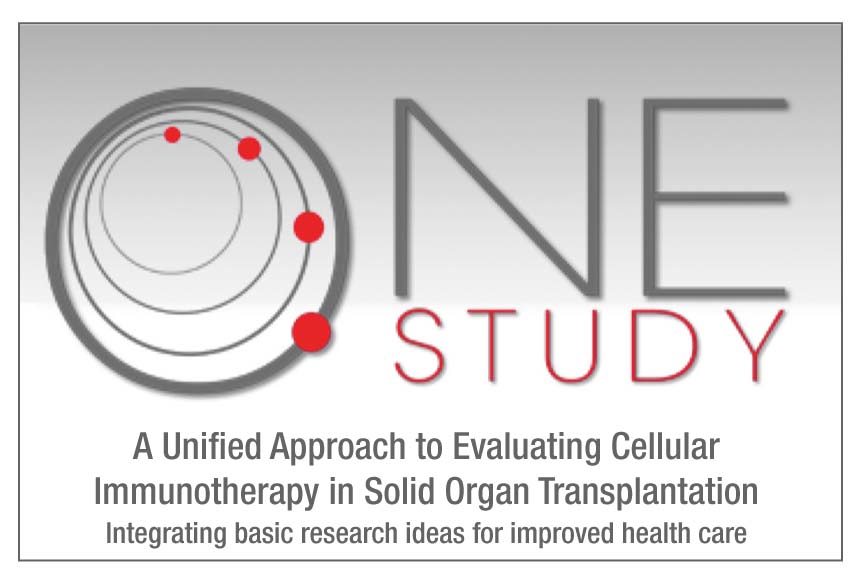
Many of you will have heard about the complete restructuring of the journal Transplantation. The TSC is very well presented in the new leadership of the journal with Stefan Tullius as Executive Editor (Special Features), Anita Chong and Nancy Kwan Man as Deputy Editors for Basic Science, Ed Geissler as Editor of Transplantation Direct, and Shane Grey as Associate Editor for Basic Science. We are looking forward to be receiving your submissions!
See you in San Francisco!
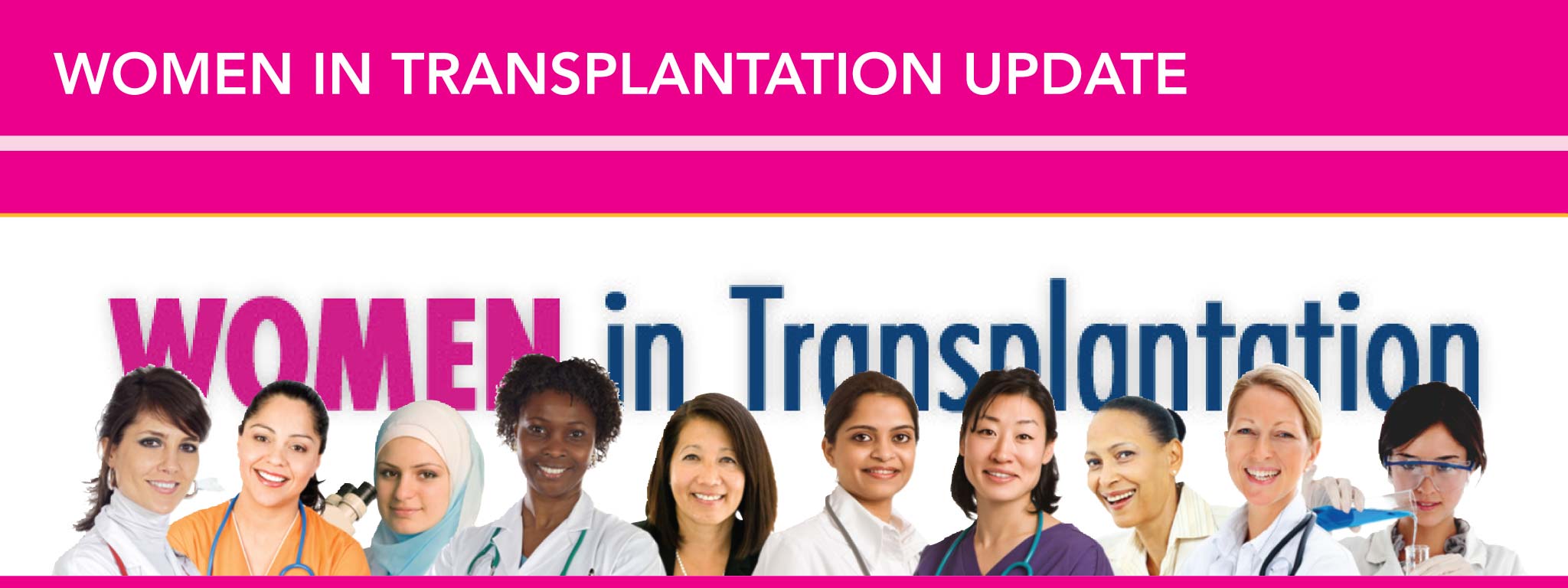
The Women in Transplantation initiative of TTS is pleased to report the success of the first two networking events in 2014. The first event took place during the International Society for Heart and Lung Transplantation meeting with featured speaker Doris Taylor who spoke of the need for women to hone their negotiation skills to gain greater success. Over 175 women were in attendance at the event and a large thanks is owed to ISHLT for their partnership in making this event such a huge success.
Our second event was held during the joint meeting of ILTS, ELITA and LICAGE in London, England and featured the meeting’s scientific program chair, Elizabeth Pomfret. More than 75 participants had an engaging and enthusiastic dialogue during this breakfast event.
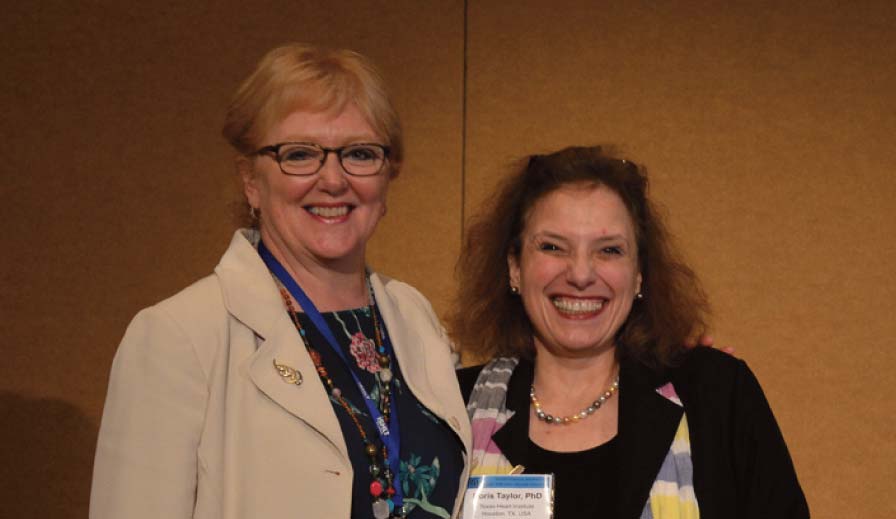
Lori West (left) and Doris Taylor
The Steering Committee of WIT is pleased to present two events during the World Transplant Congress; the first is our biennial networking event, which will take place on Tuesday, July 29th at 13:00 on the 3rd floor foyer of the Moscone West Center. Our speaker, Sommer Gentry will discuss “Math, Modelling and Marriage: My Life in Transplantation”.
WIT is also excited to announce a WIT Sunrise Symposium scheduled for Thursday, July 31st at 7:00 am. The symposium entitled “Women as Caregivers, Transplant Patients and Living Donors”, will discuss women as scientists in the field of transplantation and feature Anita Chong, Lori West and Hui-Kim Yap as speakers.
This year at WTC will also be another first for the WIT initiative, as there will be two WIT awards presented during the TTS President’s Plenary. The awards, the Woman Leader in Transplantation award and the Women in Transplantation Unsung Hero award will recognize two women for their outstanding achievements in the field of transplantation, as mentors to a new generation of women in medicine and for their endless volunteer hours and contributions to the international community. The Awards Committee received 25 nominations for outstanding women from across the world, please come and join us in congratulating all the nominees during our networking event and celebrate the winners during the plenary session on Tuesday morning.
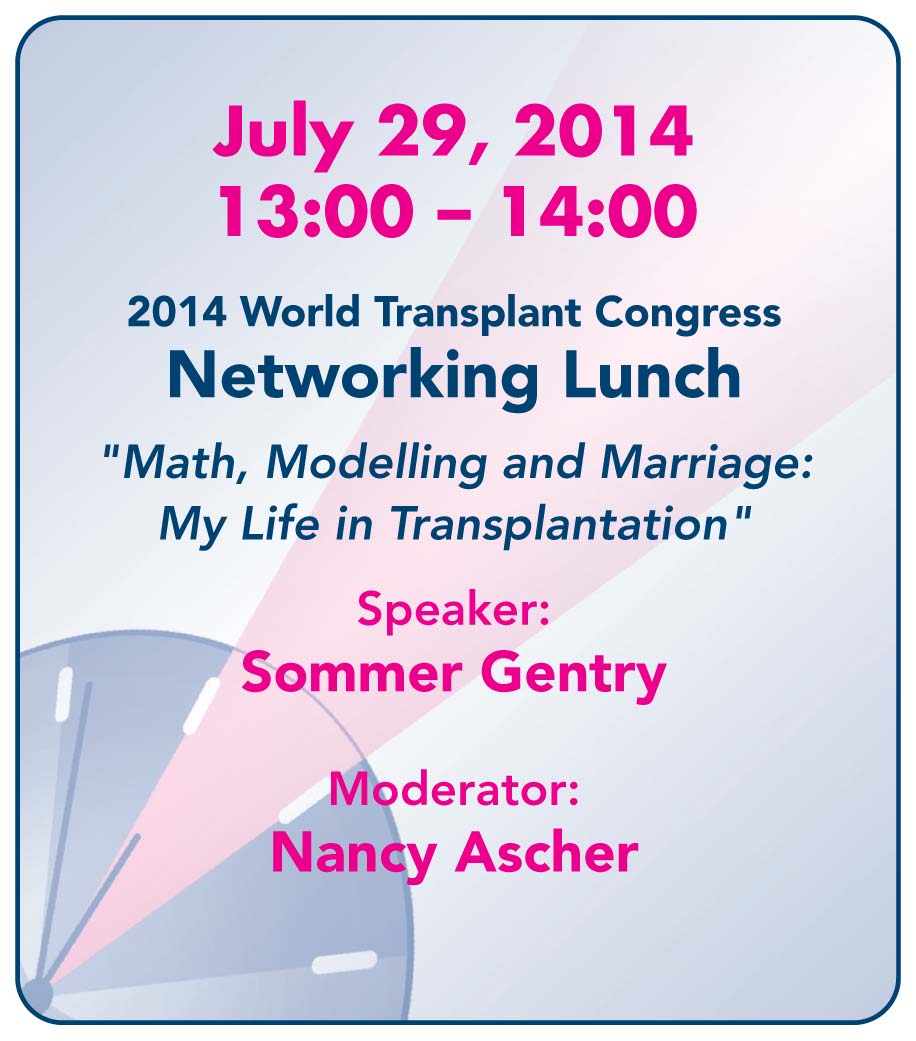
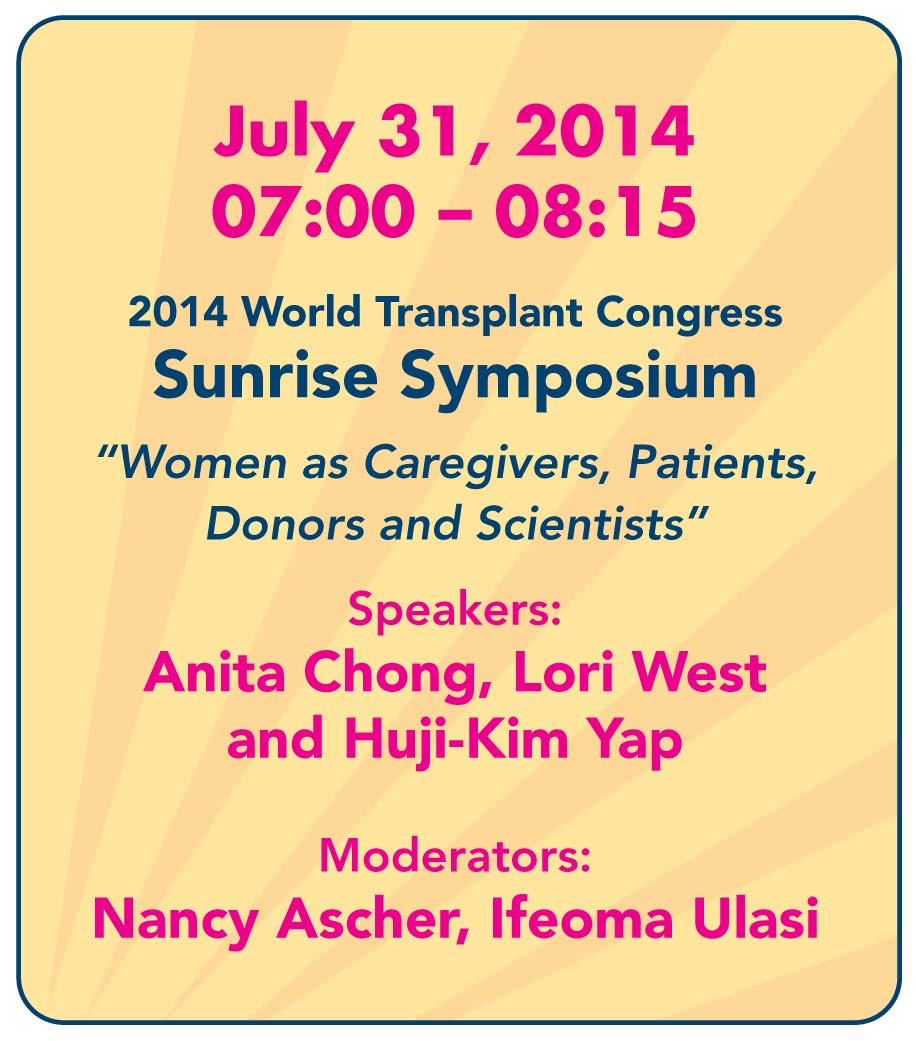

The Cell Transplant Society Council has worked to identify and draft long-term goals that will maintain CTS as a leader in the clinical aspects of cellular transplantation, while identifying new directions in cellular research. As such the Council will meet in October 2014 for a 2-day strategic retreat to discuss the future of the Society and opportunities for growth. Additionally, the Council aims to broaden the reach of the Society and is exploring opportunities to partner with other societies focused on stem cells, regenerative cells and cell biology to co-host the 2017 CTS Congress. The Call for Hosting document will be sent out to members in early fall 2014 so we encourage you to begin consider putting a proposal together host these two Sections in your city.
The CTS is also pleased to announce you can find us on both Facebook and LinkedIn, just search for the Cell Transplant Society. We hope these new platforms will increase interaction among members and spread knowledge and information about the CTS, its members and our passion for cellular transplantation. We anticipate this increased visibility will also lead to a further interest in the CTS and translate into more of our peers becoming members.
We are urging members to write posts that can be published using the CTS social media pages. These posts can be short stories on the type of cells you are working on, programs active in your institute or information about your own research. Please include an image or picture if possible. In order to maintain visibility and readership we need to be active in posting and we welcome contributions from all CTS members.
Finally we look forward to meeting our members and new members at the WTC, please stop by the TTS booth to learn more information about our Society, the benefits of membership and about our upcoming meeting in Melbourne in November 2015.
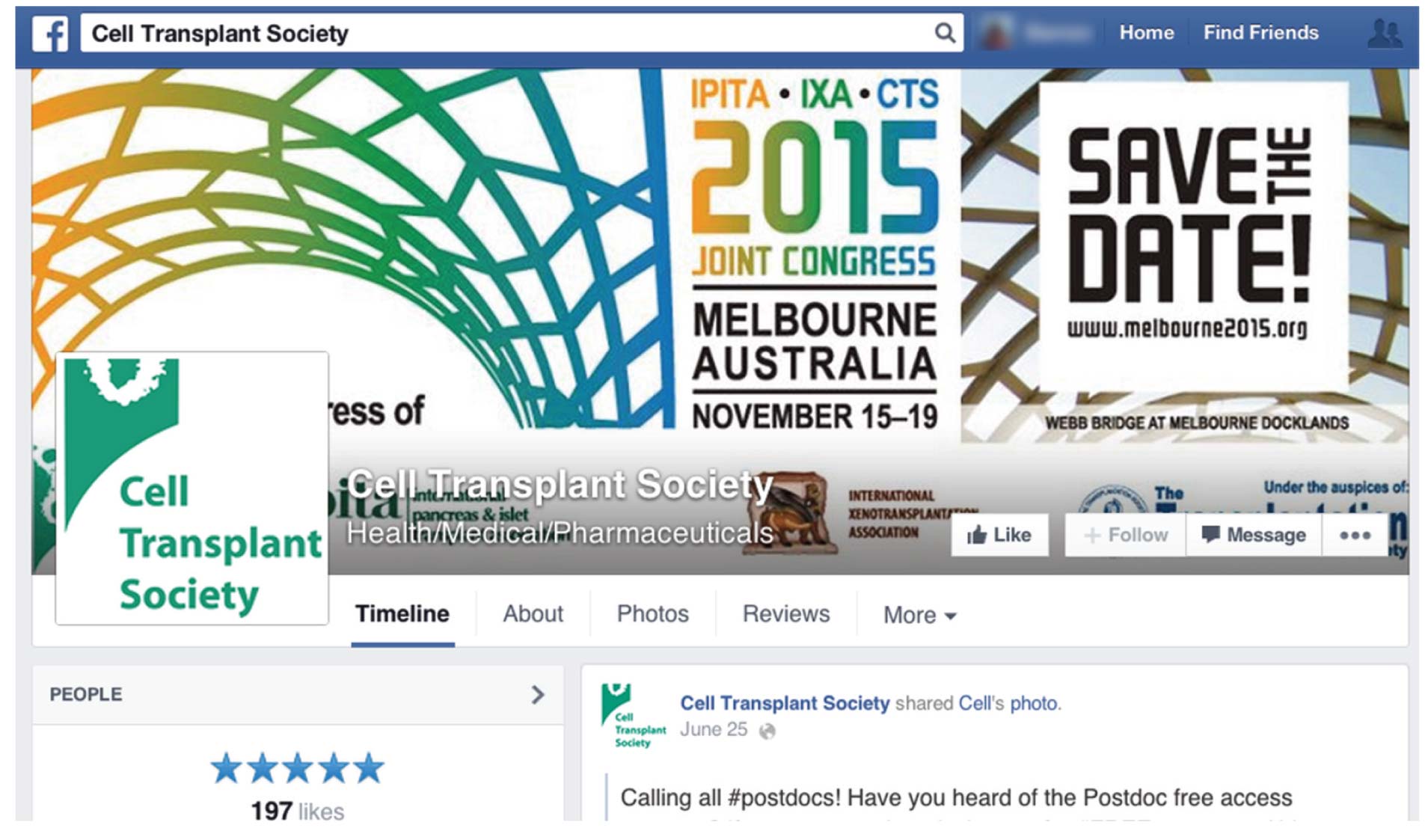

The Council of IHCTAS has developed several activities aimed at promoting our young society including advancing our objectives by organizing meetings such as the Chauvet workshop outside of our biennial Congress. The Chauvet workshop held in March 2014 involved a group of 40 experts who discussed the psychosocial outcomes of hand transplantation.
The primary focus for the Society in the next 3 months will be improving the content and information available on the Society’s website. The Council has developed a Web Committee who, thanks to a generous educational grant from IGL Group, will begin to create resources for professionals and patients including video interviews with experts, FAQ’s, international registry requirements and patient stories. The support from the IGL Group will also enable the Society to begin a webinar series in late fall 2014 which will highlight the latest scientific developments, as well as core information for institutions looking to start a new centre. It is our intention that the webinar series act not only as educational tool, but also improves the collaboration among the centres and the possibility for information sharing in this new field of transplantation. All these events will be possible as we continue to improve our finances, increase the number of new members and find other financial supports to continue to revitalize our Society.
IHCTAS is pleased to share that the International Registry on Hand and Composite Tissue Transplantation updated the “Upper Extremity Allotransplantation” section of the registry and it is planning to collaborate with UNOS to ensure stronger collaboration amongst international teams.
Finally, the IHCTAS is pleased to announce the 2015 meeting will take place April 15–17 in Philadelphia, PA, USA under the leadership of Dr. Scott Levin and the team at the University of Pennsylvania. Planning for the meeting is well underway and the local organizing committee and Council of IHCTAS look forward to sharing more information about the meeting in the coming months.

INTERNATIONAL PANCREAS & ISLET TRANSPLANT ASSOCIATION UPDATE
In May, IPITA organized a Key Opinion Leaders Meeting at the University of Oxford, UK, co-sponsored by TTS with the goal of bringing experts together from around the world to chart the path forward regarding critical research issues in beta cell replacement for the treatment of diabetes. Professors James Markmann and Steve Bartlett organized a highly productive two-day “think tank”-type research retreat meeting. The essential work of the meeting was divided into eight workgroups, each composed of four to five leading scientists and organized around the topics of: allogeneic pancreas transplantation, allogeneic islet transplantation, encapsulation, xenotransplantation, artificial pancreas, immune tolerance, stem cells, and regeneration. Professor Paul Johnson hosted the delegation at St. Edmund’s Hall College, which provided an excellent collegial atmosphere for the scientific discussions. The formal presentations focused on the current state-of-the-science and proposed future research objectives.
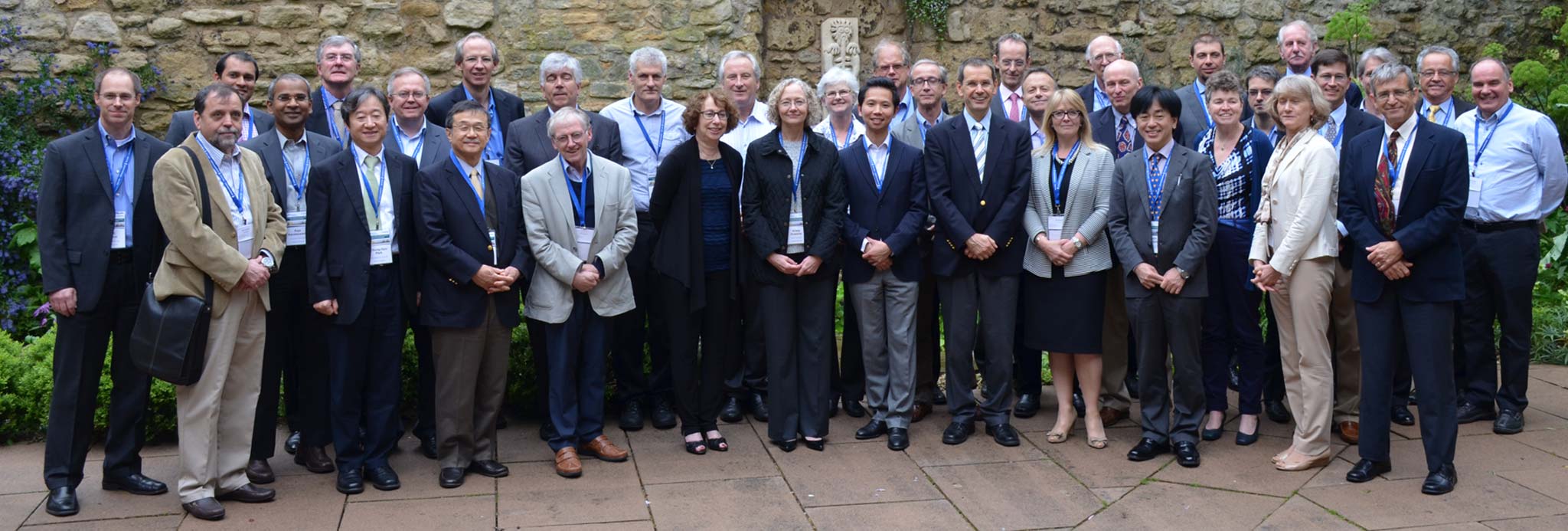
Following these formal presentations, the participants, including delegates from the NIH and JDRF, discussed what tools and reagents are needed to move the research forward. The workgroups also outlined what the next key unanswered questions are, and what areas of cross-fertilization are beneficial or synergistic. The organizers and delegates are currently preparing a summary report.
In other IPITA news, planning for the 2015 IPITA-IXA-CTS joint meeting in Melbourne, Australia on November 15–19 is well underway and promises to be one of the largest tripartite meetings to date. The combined meeting will be held immediately after the 14th Transplantation Science Symposium in Lorne, Australia. This venue is along the Great Ocean Road just a couple of hours southwest of Melbourne and strategically presents an excellent opportunity for delegates to attend both meetings.
Several excellent bids to host the 2017 IPITA meeting have recently been received by council for consideration. Strong applications once approved by Council will be distributed to membership for voting later this summer/fall. The Association values the opinions of its membership and therefore, we invite you to share your feedback, comments, and suggestions by emailing sections@tts.org.
The 12 Apostles along the Great Ocean Road


2014 is the year between ISODP Congress meetings: while the Sydney conference is still fresh in our minds, Dr. Jongwon Ha, Congress President for the 2015 ISODP Congress in Seoul, is working diligently to build an exciting new program with new scientific content, opportunities for colleagues to meet again, exchange ideas and further increase knowledge in the donation community. For more information about the 2015 meeting in Seoul, Korea please visit www.isodp2015.org.
The ISODP aims to create new opportunities for everyone working in the field to further improve their knowledge and assist them in their day-to-day work. For that reason in January 2014 we began a new series of monthly webinars, to keep our members informed and up to date. The webinars have been superb, with good attendance and excellent speakers, to give a broad overview on a numbers of topics. Croatia is now on the top in global performance regarding the number of donors per million people. How this development occurred and how it can even further be improved, was explained by Mirela Busic. Gabriel Danovitch gave an overview on the background, the development and the further work of the Declaration of Istanbul Custodian Group. Howard Nathan, who was ranked during the Sydney conference as one of the best lecturers, explained again how the program of DCD was established, how it could be improved and what the reason for this success are. All of these webinars can be downloaded viewed directly on the ISODP website by all members in good standing of ISODP and TTS.
The Council of the ISODP is pleased this technology will add value to help to improve knowledge for more and more people in the field, in particular for those who are not able to attend the biennial Congresses. All members are encouraged to participate in the webinars or view them when the recordings become available; we also welcome suggestions for further topics or speakers that would contribute to the ongoing dialogue.
The ISODP Council hopes to meet a number of its members during the WTC in San Francisco. Everybody is welcome to take part in the work of the ISODP and encouraged to bring forward ideas to improve collaboration.
Congress Venue: Conrad Seoul


The Council of the International Xenotransplantation Association is pleased to report the ongoing progress and activity in our Association in advance of the 2014 World Transplant Congress (WTC) in San Francisco, CA, USA. This meeting will be a great opportunity to learn about recent scientific discoveries in xenotransplantation and network with our IXA colleagues.
The 2nd International Conference on Clinical Islet Xenotransplantation (ICCIX), a full-day conference organized by the IXA, will follow the WTC meeting on August 1, 2014. The objective of the 2nd ICCIX is to update the IXA Consensus Statement on “Conditions For Undertaking Clinical Trials of Porcine Islet Products in Type 1 Diabetes”, which was published in Xenotransplantation in 2009. This continuing initiative is both timely and important in light of scientific progress made in the past five years. Information on the program topics can be found on the IXA website www.tts.org/ixa. The SPC of the 2nd ICCIX plan to publish updates on each of the topics, as deemed appropriate, as stand-alone articles in an upcoming issue of Xenotransplantation.
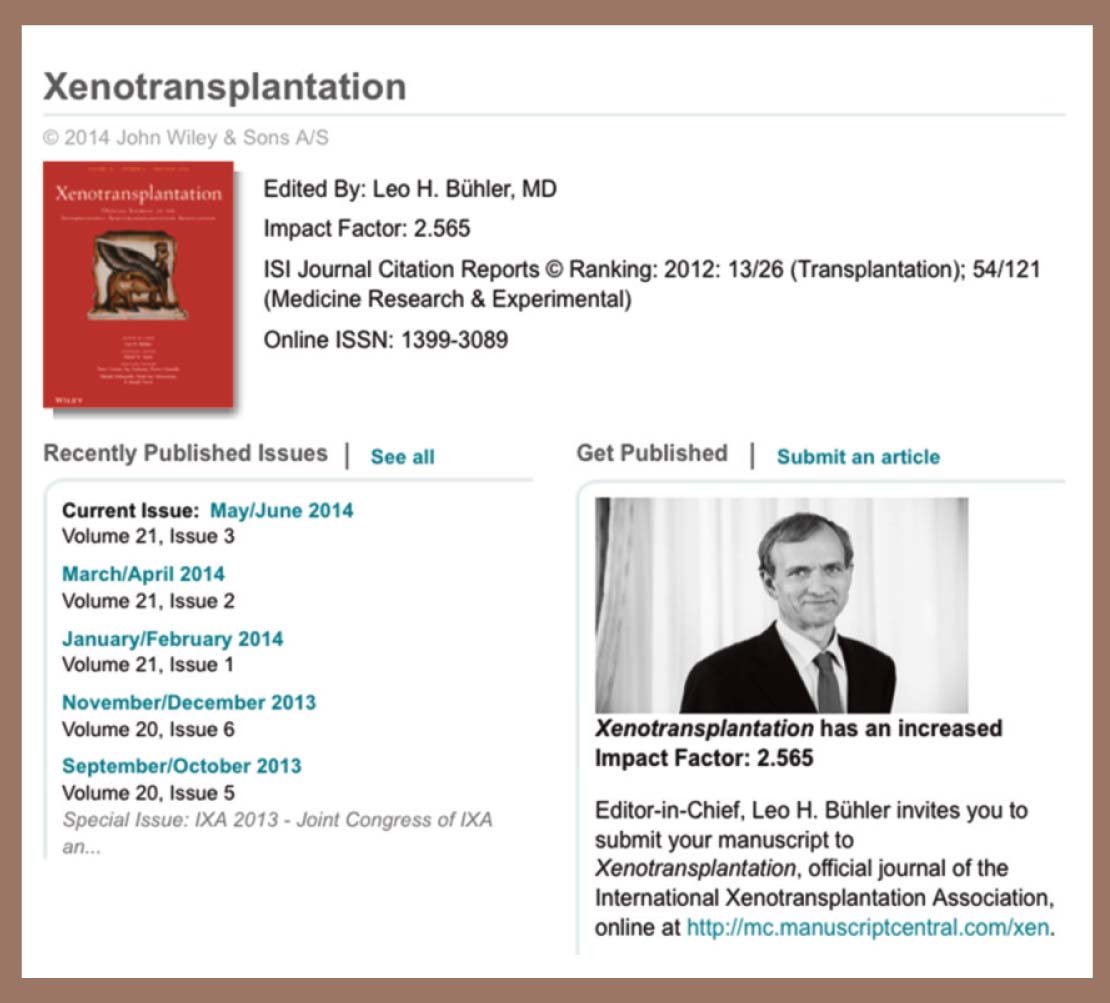
The Carl-Gustav Groth Xeno-Prize, a joint initiative by IXA and Wiley, the publisher of Xenotransplantation, is awarded to the first author of the best publication in the journal. The winner of the 2013 Xeno-Prize was recently selected and attributed to the manuscript entitled: “Blocking Porcine Sialoadhesin Improves Extracorporeal Porcine Liver Xenoperfusion with Human Blood”. Drs. Joshua P. Waldman and Thomas Vogel contributed equally to the first authorship of this study, congratulations to the authors for their outstanding work.
Lastly, starting with the January 2014 issue, Xenotransplantation became an online-only publication; free e-mail content alerts notify subscribers of articles or issues as they publish. Customizable alerts are available to stay informed about publications in Xenotransplantation in the frequency and format you prefer.
The IXA Council is always looking for feedback from its members about our ongoing activities.


The ITA has been quite active since the 13th ISBTS in Oxford in 2013. First, we have revised the Vision, Mission, Values, and Goals of our Association to more closely align with our membership and its activities; you are encouraged to review these on our web site, www.tts.org/ita.
Second, we have formed four committees, each with their own goals and initiatives. To move forward, we appointed a minimal number of committee members and then filled in the remainder after a membership wide call for participation. Here is a brief summary of each in alphabetical order:
- Allied Health Professionals Committee is led by Erin Fennelly and has been actively reassessing the goals of this committee as well as the important role they play in the Pre-Symposium held prior to each ISBTS meeting. Further, AHPC held their first webinar led by Anne-Marie DeVoll-Zabrocki on May 1, 2014. For those that missed this excellent case study, a recording is available on the TTS/ITA website.
- Education and Regulation Committee is led by our Immediate Past President, Kareem Abu-Elmagd. Again this committee has reviewed its goals and objectives and has chosen several initiatives. Their first initiative is a quarterly Association newsletter.
- Membership Committee is led by Simon Horslen with the primary goals to review the current membership reports, update member content, and seek ways to expand our membership. All of these objectives are vital to our organization and their ongoing efforts are important to our mission.
- Scientific Committee is led by George Mazariegos. This committee has also had several conference calls and has two new projects underway – an analysis of the Pediatric Subset Data from the Intestinal Transplant Registry (ITR) and a multicenter study of Donor Specific Antibody and outcomes after intestinal transplantation. In addition, this committee is the oversight committee over the ITR, which still functions under the purview of Dr. David Grant.
Planning for the 14th International Small Bowel Transplant Symposium (ISBTS) is underway. ISBTS will be held in the beautiful and vibrant city of Buenos Aires, Argentina from June 10th to 13th, 2015, under the leadership of Gabriel Gondolesi. The organizational structure of the meeting has been set as well as a preliminary scientific and social program. Fundraising is ongoing and very far along. We are excited that this upcoming symposium will carry on the tradition of excellence and innovation as we have seen from past symposia.
Lastly, the ITA would like to encourage members to stay in touch with your association. Ensure that your contact information is correct on the Association website; and help seek out new members from within your own programs. Please feel free to contact any of the leadership or the main office with new ideas or requests to participate.

Transplant Infectious Diseases has had a successful 2013-2014, with growth in the membership, a number of well-received webinars, continued success of the journal Transplant Infectious Diseases and the 8th International Transplant Infectious Disease Conference held recently in Barcelona.
TID now has 175 active members and we are hoping to establish reciprocal membership with a number of societies to continue to boost membership. Membership is essential for access to webinars and three have been held this year.
- Nassim Kamar - January 22nd “Hepatitis E: An Emerging Virus in Solid-Organ Transplantation”
- Lígia Pierrotti - March 21st “Polyomavirus: Interesting and Curious Infections Beyond BK”
- Ban Hock Tan - April 9th “Rapid Diagnostic for Invasive Fungal Infections in the Solid-Organ Transplant Recipient”
A new slate of webinars covering a variety of relevant subjects are planned to start again in the fall of 2014 following the completion of the World Transplant Congress.
The 8th International Transplant Infectious Diseases Conference took place in Barcelona in May 2014. For the first time, the conference was held in conjunction with an infectious diseases conference, the 24th European Congress of Clinical Microbiology and Infectious Diseases (ECCMID), rather than a dedicated transplant meeting. There were 82 delegates in attendance and the conference was well received by everyone who participated, as well as the ECCMID organizers. The European Society of Clinical Microbiology and Infectious Diseases (ESCMID) is keen to continue the relationship with TID, but a final decision is yet to be made regarding the venue for the 9th TID conference. Many thanks to those speakers that gave excellent presentations and contributed to making this another outstanding TID meeting.
There are a number of plans for TID, the most immediate of which is the establishment of a ‘TID Chat Room’, which will be a venue for clinicians to discuss challenging clinical cases or patient management with their colleagues worldwide. It is hoped that this will be up and running immediately following the World Transplant Congress.
In conclusion, TID is an enthusiastic society that offers a lot of benefits at a very small cost. Please encourage any colleagues with an interest in transplant infectious diseases to join us!
To consolidate its position as the leading global organization, the Council has representation from all six regions of the world: North America, Latin America, Europe, Middle East/Africa, Oceania, and Asia.
| PRESIDENT | Francis L. Delmonico |
| PRESIDENT-ELECT | Philip J. O’Connell |
| IMMEDIATE PAST PRESIDENT | Gerhard Opelz |
| VICE-PRESIDENT | Ron Shapiro |
| SECRETARY | Gabriel Danovitch |
| SENIOR TREASURER | Marcelo Cantarovich |
| TREASURER | John J. Fung |
| HISTORIAN | Randall E. Morris |
| INTERNATIONAL HEADQUARTERS | Jean-Pierre Mongeau (Executive Director) |
| COUNCILORS | Nancy Ascher (North America) Rudolf Garcia-Gallont (Latin America) Vivekanand Jha (Asia) Dirk R.J. Kuypers (Europe) Elmi Muller (Middle East / Africa) Philip J. O’Connell (Oceania) Maria Cristina Ribeiro de Castro (Latin America) Vasant Sumethkul (Asia) Megan Sykes (North America) Shiro Takahara (Asia) Annika Tibell (Europe) Stefan G. Tullius (North America) |
Tribune is published three times per year by The Transplantation Society (TTS).
Editor-in-Chief: |
Nancy K. Man |
Contributors: |
Medhat Askar |
International Headquarters |
The Transplantation Society |
For assistance, please contact any of our dedicated staff: |
Roman Beliaevski Roberto Colarusso Geneviève Leclerc Sondra Livingston Frank Lindo Verissimo Amanda Mayer Jean-Pierre Mongeau Alexandra Murphy Catherin Parker Eugenia Siu Darren Woodbury Chi Hong Yeung |
Contact
Address
The Transplantation Society
International Headquarters
740 Notre-Dame Ouest
Suite 1245
Montréal, QC, H3C 3X6
Canada
Используйте Вавада казино для игры с бонусом — активируйте промокод и начните выигрывать уже сегодня!

